(4) Ancient Greece: Notable Writers (and their Most Famous Works and Notable Biographical Information and Information about their Works), Literary Terms and Concepts (inc. Genres), and Notable Orators / Rhetoricians (and their Most Famous Works, Contributions, Concepts, and Notable Biographical Information)
1/82
There's no tags or description
Looks like no tags are added yet.
Name | Mastery | Learn | Test | Matching | Spaced |
|---|
No study sessions yet.
83 Terms
Rhapsodes (All Facts)
Professional bards who were reciters and singers of poetry
They recited stories in a poetic way
These stories told of the thrilling and moving legendary exploits and adventures of invincible warriors, steadfast heroines, awesome gods, and terrible monsters
Their name means “stitchers of songs”
Part of their fame rested on the immense skill in “stitching” great epic tales together from a rich repertoire of characters, themes, and linguistic formulas
They were famous for their memory in that they memorized such stories from generation to generation
Home was the first to write such tales down, and was considered by the Greeks to be the best of these “stitched together” compositions
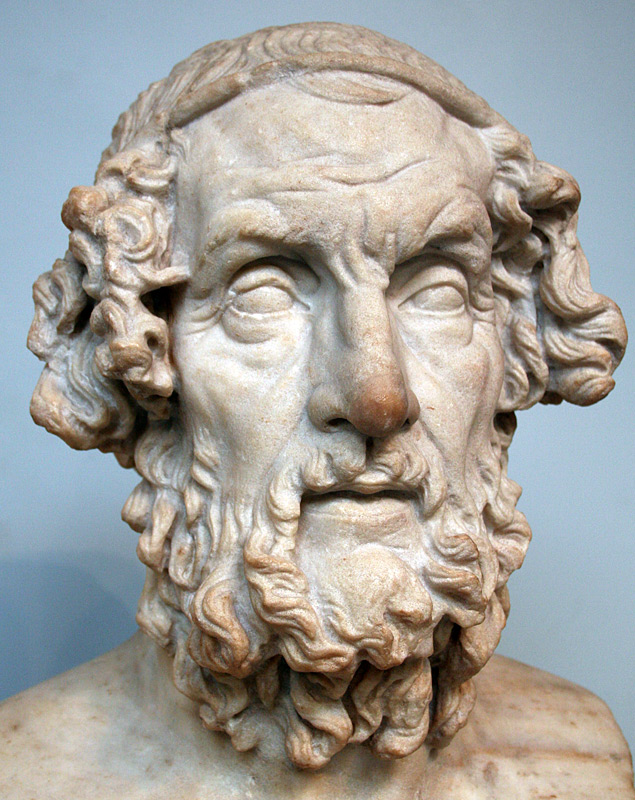
850 BCE / 750 BCE / 650 BCE - Homer (All Facts)
(Credited) Author of “The Iliad” and “The Odyssey”
Considered by the Greeks to be the greatest of the Rhapsodes in his day
Was a blind poet
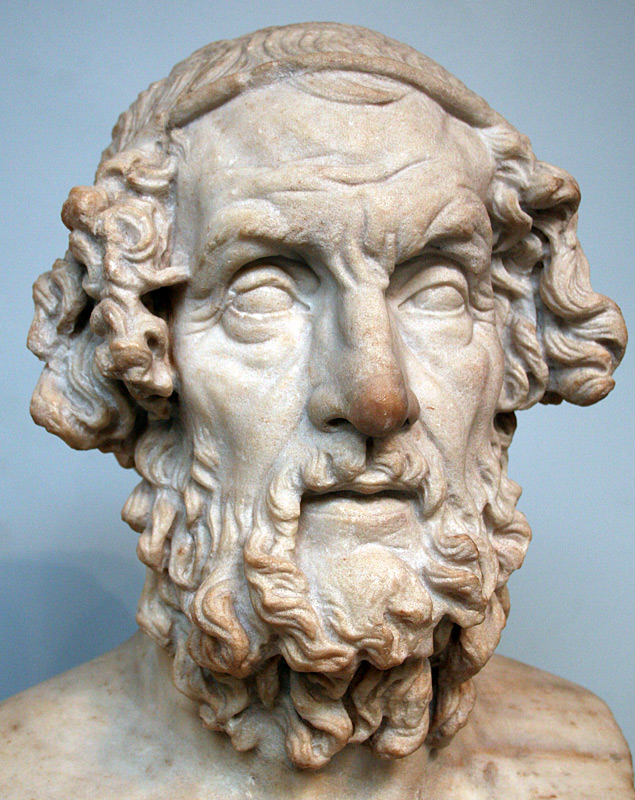
850 BCE / 750 BCE / 650 BCE - Homer: The Iliad (All Facts)
Considered to be the one of the two best versions of the “stitched together” compositions of the Rhapsodes, it
Drew on elements from every age in Greece since the time of Mycenean Civilization
These elements were nostalgically fused as an idealistic, but allegedly real, age of heroes
Was written down for the first time as a magnificent poetic epic that had been recited by the Rhapsodes for centuries prior to its having been writing down
Gripped the imaginations of the Greeks and set new standards of literary expression at the time
Consisted of previously unwritten legends of the past
Consisted of a story which moved quickly
Was written in a language which was capable of great clarity and simplicity but was equally rich in drama, excitement, humor, and sorrow
Epic war poem about the siege of the city of Troy
Describes how the heroes of Greece defeat the heroes of Troy across the sea in the Trojan War
The war begins when Helen, wife of King Menelaus (of Greece), is abducted by Paris, one of the 50 sons of King Priam of Troy
Achilles, the partly divine great Greek hero and warrior thus goes to Troy with 50 ships after allying with the Greek King Agamemnon, Menelaus’s older brother to avenge Helen’s abduction by Paris of Troy
However, when Agamemnon takes Achilles’ slave girl to be his own, Achilles refuses to fight for him
This occurs until he agrees to let his friend Patroclus borrow his armor and lead his men in battle to protect the Greeks against the Trojans after a series of victories by the Trojans
When Achilles’ friend Patroclus is killed by Hector, Paris’s brother, one of the 50 sons of King Priam of Troy, and the greatest Trojan warrior; Achilles, frenzied with grief, goes into the fight, despite Agammemnon’s actions, and goes to singlehandedly defeat Hector and the Trojans, giving Hector’s corpse to King Priam after burying his friend Patroclus
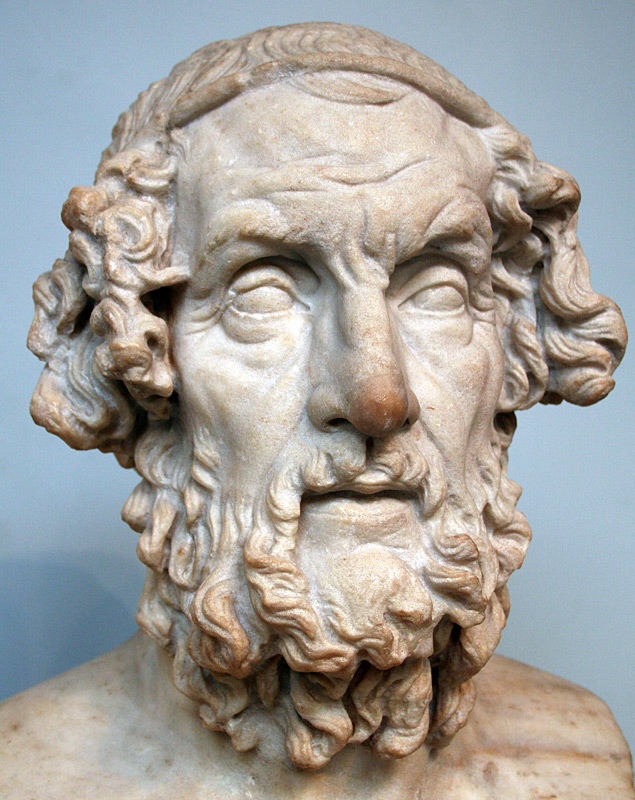
850 BCE / 750 BCE / 650 BCE - Homer: The Odyssey (All Facts)
Considered to be the one of the two best versions of the “stitched together” compositions of the Rhapsodes, it
Drew on elements from every age in Greece since the time of Mycenean Civilization
These elements were nostalgically fused as an idealistic, but allegedly real, age of heroes
Was written down for the first time as a magnificent poetic epic that had been recited by the Rhapsodes for centuries prior to its having been writing down
Gripped the imaginations of the Greeks and set new standards of literary expression at the time
Consisted of previously unwritten legends of the past
Consisted of a story which moved quickly
Was written in a language which was capable of great clarity and simplicity but was equally rich in drama, excitement, humor, and sorrow
Describes the epic tale of the travels and exploits of Odysseys (or Ulysses as he is sometimes called)
He is the son of King Laertes of Ithaca and is a brave and wise Greek warrior in the service of Agamemnon and Achilles
After the Greeks defeat the Trojans and Troy is destroyed, he sets off to return home to his wife Penelope and his son Telemachus
On his way home, he fights the Cicones but loses and is carried by a storm to a faraway land where, from that point onwards, he has to find his way home
Encounters various trials and tribulations including the
Lotus Eaters
Polyphemus, the one-eyed cyclops Polyphemus, who began to eat his men but he and his men eventually blinded him to escape
The Isle of Circe, a divine sorceress who turns his men into pigs until he forces her to change them back by agreeing to live with her for a year
The Sirens, whose singing attracts sailors to the land where they die, which he was careful not to succumb to on his way home
Helios, the Sun God whose cattle are eaten by he and his men and in return he had to deal with a shipwreck and the killing of all his men by Helios
Calypso, the island he drifts to after being shipwrecked by Helios where he is kept for seven years there by her but after which he is set free and tries to sail back home
The King of Phaeacia, who sends him home clad as a beggar
His wife’s suitors, who, after 10 years of having left Troy, he comes back home to violently kill with his son
Only after all these encounters is he reunited with his family
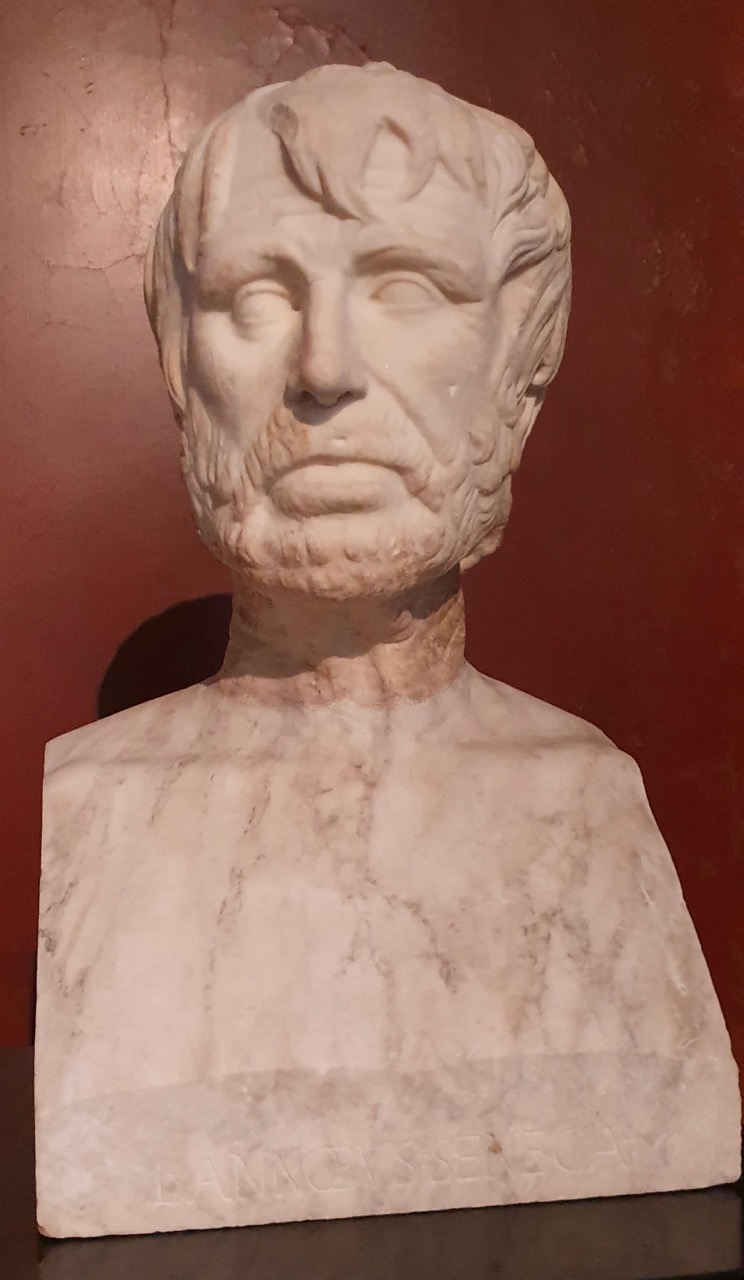
750 BCE / 650 BCE - Hesiod (All Facts)
Famous Greek poet
Author of “Works and Days” and “Theogony”
Former shepherd born near Mount Helicon in Boeotia in central Greece
Gained influence around 700 BCE
Is the first western writer to embody didacticism in his work
Has an essentially serious outlook on life
His works create a vivid impression of everyday life in a Greek village contemporary to his day
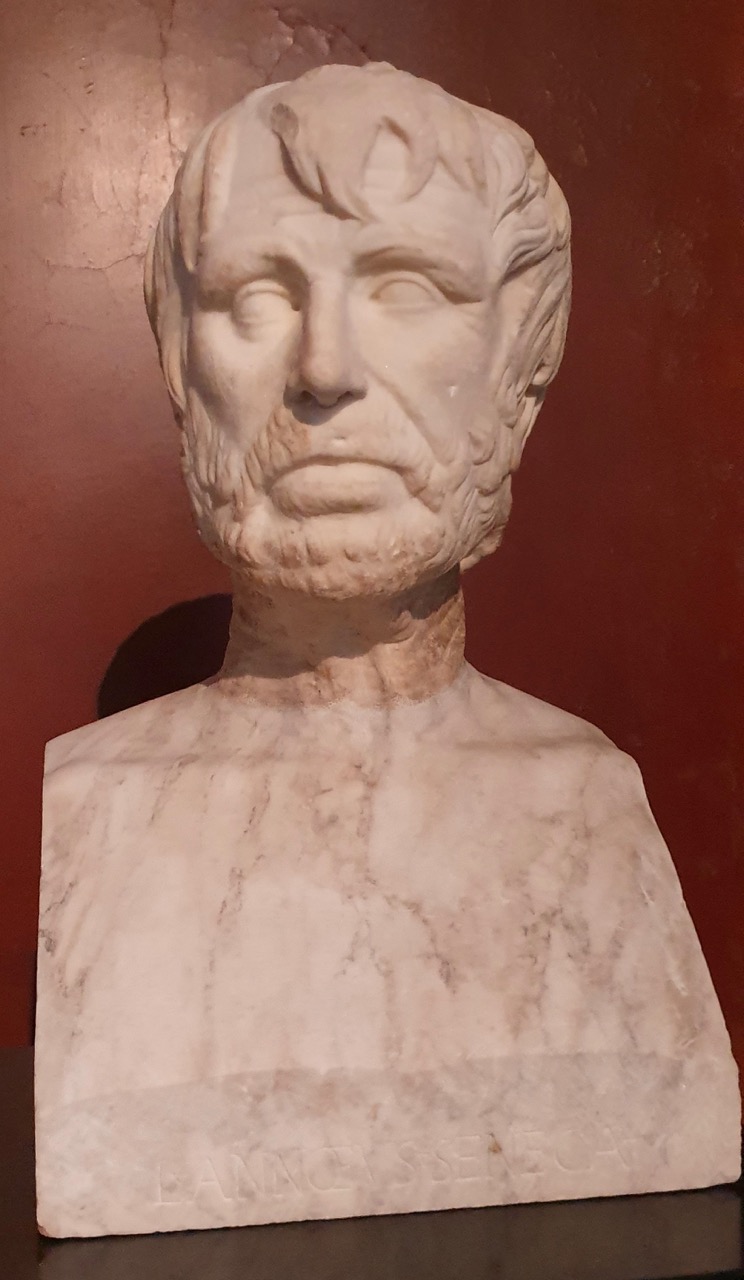
750 BCE / 650 BCE - Hesiod: Theogony (All Facts)
Work which explains what all the Greek gods stand for
Catalogues some 300 gods, with Zeus as their king
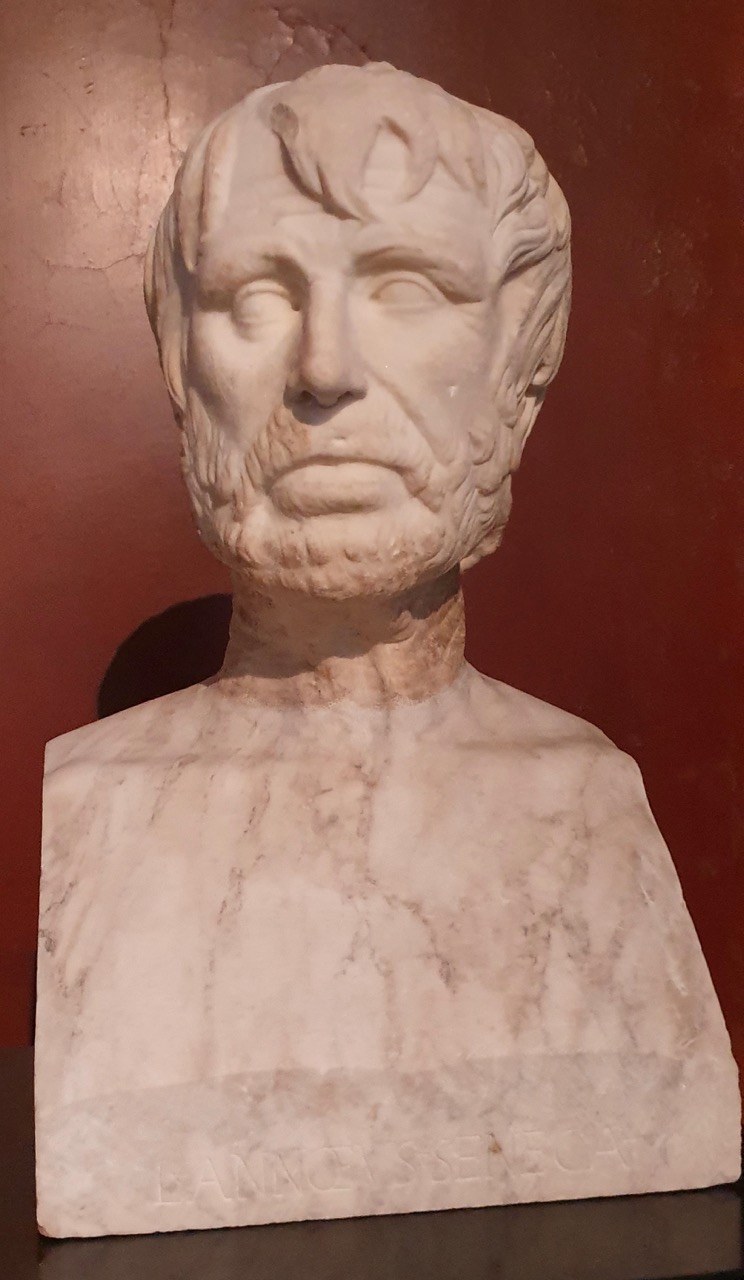
750 BCE / 650 BCE - Hesiod: Works and Days (All Facts)
Work which explains the state of human existence during his time
Work which describes man’s state, at the time of his writing, which he described as woeful and weary to two causes
the first - the jar of evils opened on the world by Pandora
the second - the general deterioration of man since the “First Age” of mankind
Outlines the “Five Ages” of the namesake author which sought to explain creation:
The “Golden Age” in which people
were made by the gods and lived “with carefree heart, remote from toil and misery”
never grew old, but died “as if overcome by sleep”
did not have to do back-breaking work on the land because the soil gave them all the food they needed of its own accord
when they passed from the earth had their spirits made divine by Zeus
The “Silver Age” followed, which was inferior to the “Gold Age,” and in which people
lived through a childhood of 100 years and then died shortly afterwards because their witlessness led them to folly and being immoderate as they would not honor the gods
were put away beneath the earth by Zeus as the “mortal blessed”
The “Bronze Age” followed, in which a third, bronze race of men were made who
Were “terrible and fierce” warriors, who slew each other until none were left
The “Heroic Age” followed, in which people
Were the predecessors of modern humans
Were “righteous and noble” men who were destroyed by “ugly war and fearful fighting” before the seven gates of Thebes and at Troy on account of Helen
Who did not perish in the fighting were granted a blessed life in the islands at the ends of the Earth
The “Iron Age” followed, the current age for the namesake author, in which people
suffer and “will never cease from toil and misery” despite some good things happening
Warns the reader that men will soon succumb to envy, dishonor, hatred, and lawlessness in the current (for his day) “Age of Iron”
When this happens, he explains that Zeus will destroy them just like he destroyed their predecessors
Exalts honest labor
Work which gives a detailed account of the yearly calendar of hard work which should serve as an example to moderately well-off peasant smallholders
Famous for its quote “work and let work follow work,” which the writer implores is the key to a decent life of reasonable prosperity
His lesson is aimed at his brother Perses in particular, who tried to persuade the ruling basileis (generic Greek word for monarch), or nobles, to give him more than his fair share of the farmland left by his father when he died
He seeks to prevent him from doing this, converting him from idleness to diligence
He does this by spicing his more practical advice with proverbs, allegories, and legends including the “Five Ages of Man” described above and the story of Pandora described above
Its lessons / concepts include
clearing debts and avoiding famine
these require “application” because “a postponer does not fill his granary”
He warns that not doing this will have one go begging to their neighbors who will eventually turn them away
conceptualizing the prosperous peasant, which is one who
Owns a few slaves or hires laborers
Produces all the food he and his family need including wheat, barley, vegetables, and fruits like grapes
Keeps sheep for wool, goats for milk and cheese, and oxen or mules for pulling and carrying
outlining the work-year with each part of the year having an allotted task:
ploughing
sowing
harvesting
threshing
storing grain and straw
a description of how the women of the household
prepare food
spin flax and wool
weave cloth to make garments
the relief of the yearly grind consisting of numerous festival days when peasant families can enjoy the fruits of their labor
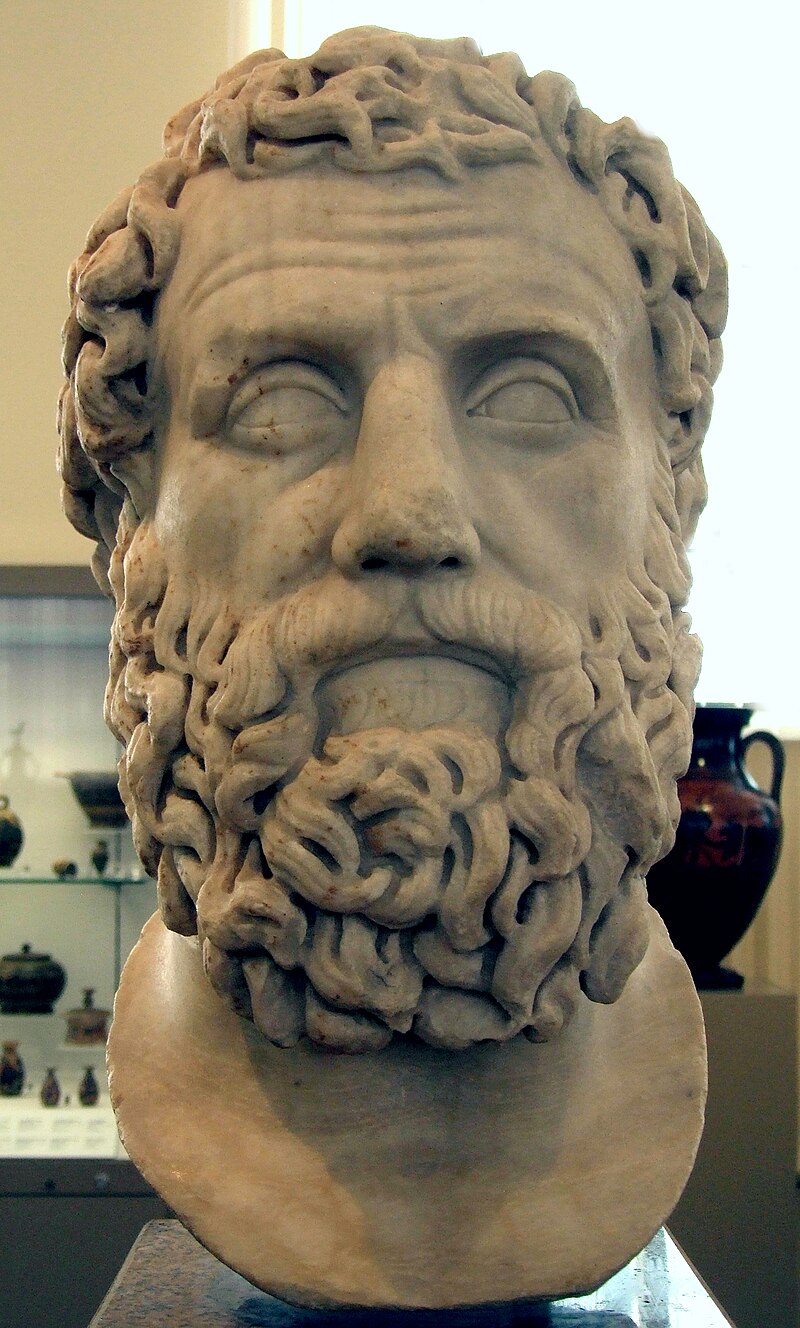
680 BCE - 645 BCE - Archilochus (All Facts)
Well-established Greek lyrical poet from the island of Paros
Celebrated for his versatile and innovative use of poetic meters
Earliest known Greek author to compose almost entirely on the theme of his own emotions and experiences
Wrote in the Ionian dialect, he composed short elegies and couplets in a sometimes mordant tone
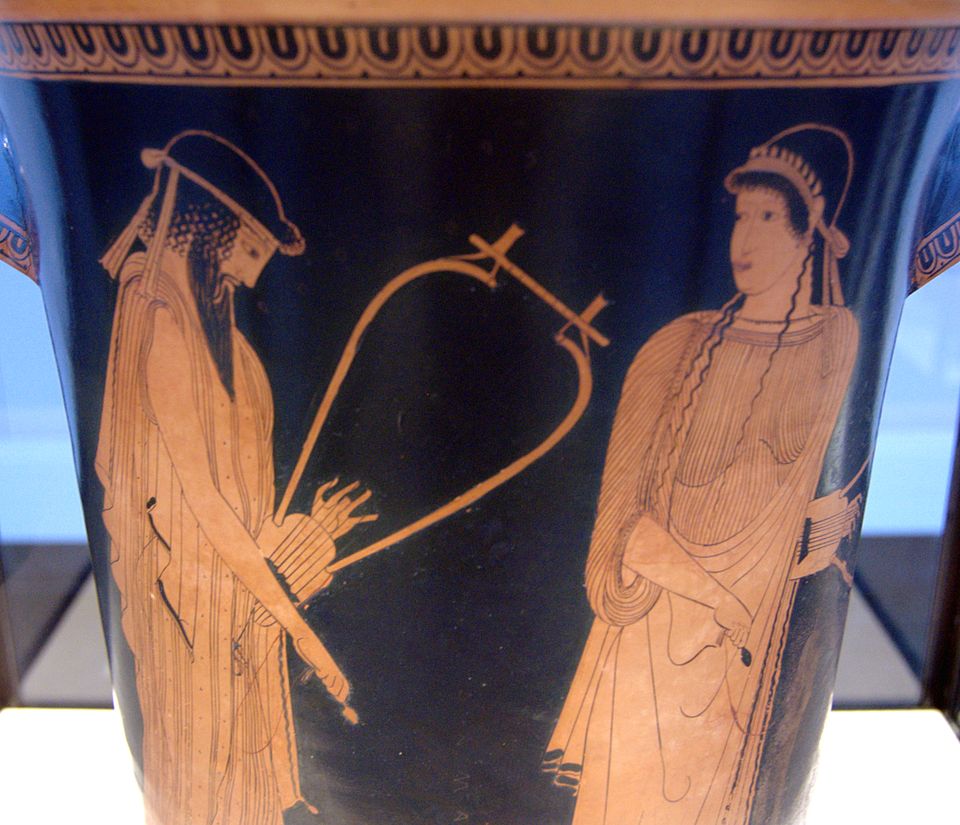
625 BCE - 580 BCE - Alcaeus (All Facts)
Well-established Greek lyrical poet from the island of Lesbos
Famous for inventing his namesake form of stanza
His work includes religious hymns in which he sung of Athena, Apollo, Hermes, and Aphrodite
His own feelings and experiences are also a source of inspiration
Recalls an encounter with the Athenians in which he had to throw away his shield in order to make a quick escape
Sings of the pleasures of love and honey-scented wine
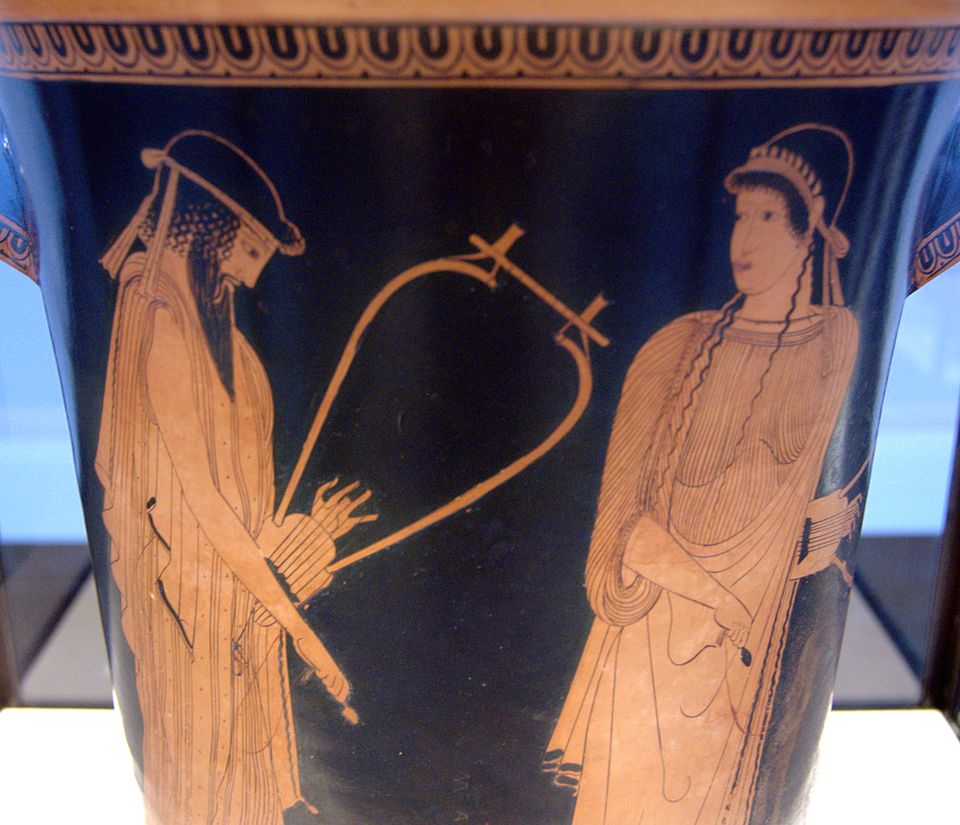
630 BCE - 570 BCE - Sappho (All Facts)
Well-established Greek lyrical poetess from the island of Lesbos
Remembered for her poems referring to love between women
Her poems
Were not explicitly physical, but full of passion and sensuality
Described the torments of love, with tremulous outpourings of emotion
Were often dedicated to her pupils
Founder of a unique boarding school for well-born young women on the island where she taught them poetry, music, and social graces under the watchful eyes of the Muses, the Graces, and Aphrodite
Pupils were groomed for marriage, which she exalted in her poems
Encouraged the pupil girls to show affection for one another
While this may have involved sexual contact, it would have been no more unusual than male homosexuality which which was more or less institutionalized in Greece during the time of her life
Famous for inventing her namesake form of stanza
Despite the content of her poems, she was a wife and mother
She was the wife of a rich man named Andros, by whom she had a daughter
She was born into one of the best families in Lesbos
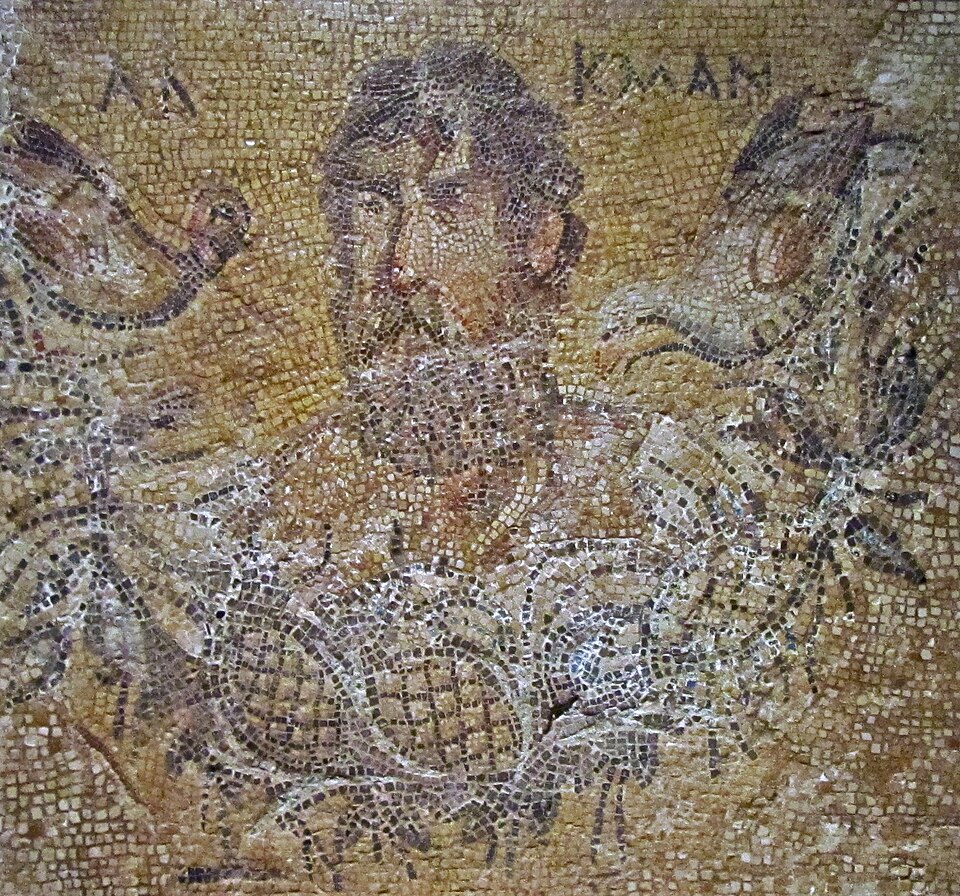
600’s BCE - Alcman (All Facts)
Well-established Greek lyrical poet from Lydia (in Anatolia) and who settled in Sparta
Wrote poems in the Doric dialect
Excelled in “partheneia,” which were hymns sung by choirs of maidens
Partheneia (All Facts)
Hymns sung by choirs of maidens
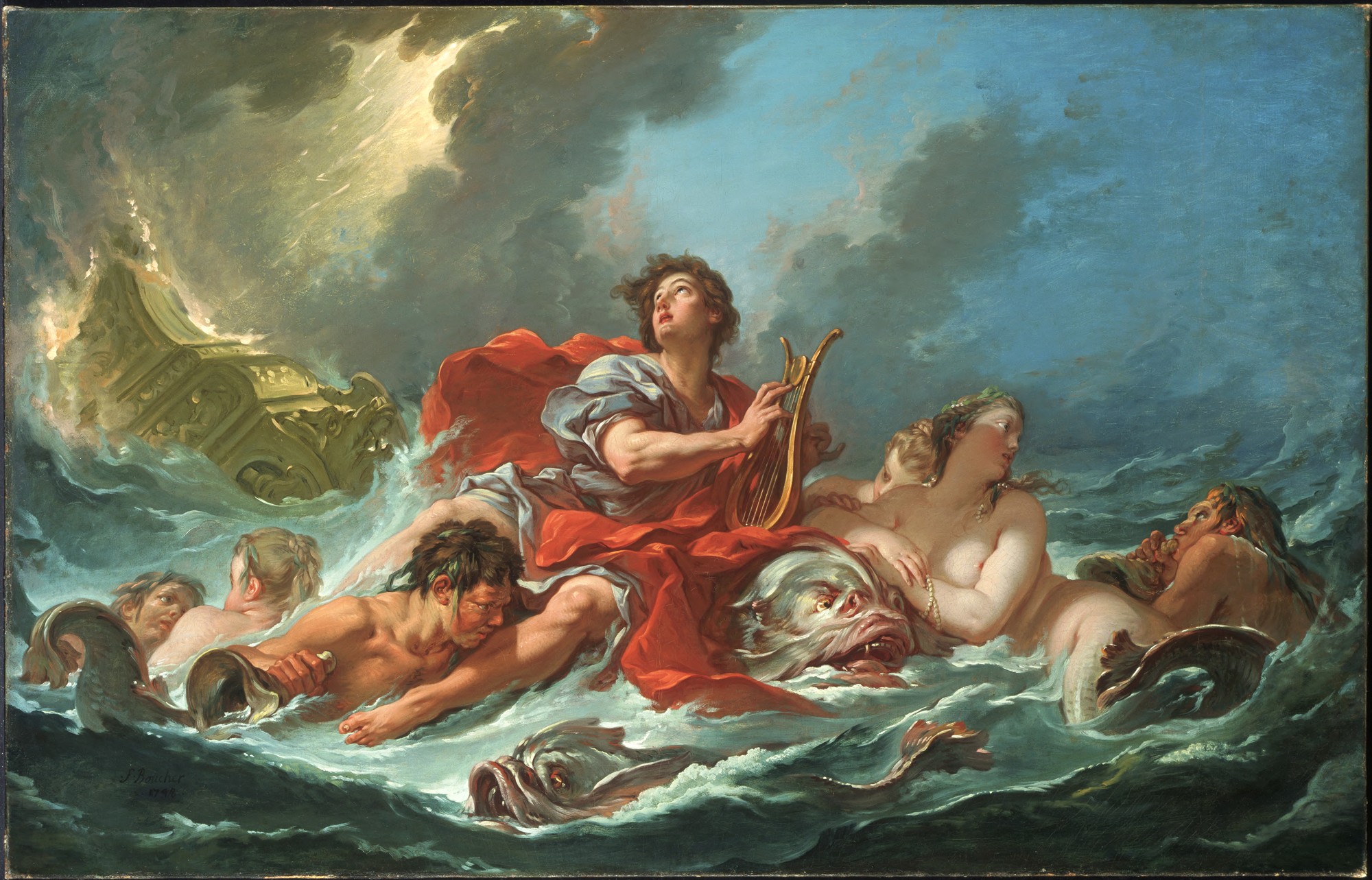
600’s BCE - Arion (All Facts)
Ancient Greek poet
Famous for inventing “dithyrambic” poetry
Professional lyre-player whose existence is famously shrouded in legend:
He traveled from city to city performing his choral lyrics
Made a tour of Italy, where his talents made him rich
On his return journey to Greece, the sailors tried to murder him and steal his money
He was granted a request to sing one last time
He threw himself overboard, but, transfixed by his music, a dolphin saved him and carried him to the shore on its back
Disciple of Alcman
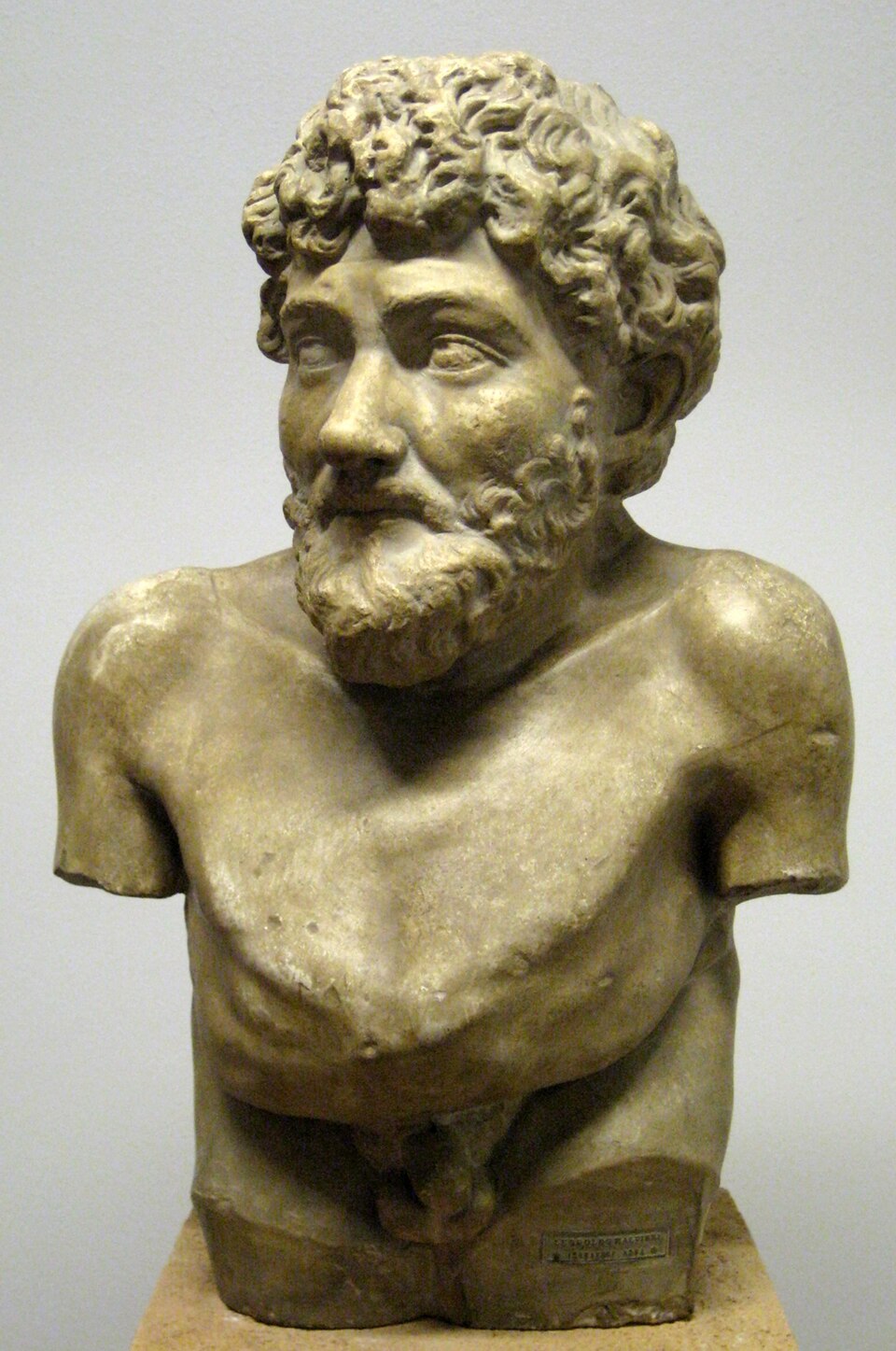
620 BCE - 564 BCE - Aesop (All Facts)
Greek fabulist and storyteller credited with a number of fables now collectively known as his namesake “Fables” of which he is considered the author
However, some fables attributed to him are not actually his but were retold by story-tellers throughout the Greek-speaking world
Famous for his anthropomorphic tales, in which animals behave in ways which offer morals about human behavior
Was executed by the Delphians, the priests of Apollo
He is believed to have offended the Delphians, who accused him of Sacrilege and cast him to his death from a rock
Was either a Phrygian, a Thracian, or a slave
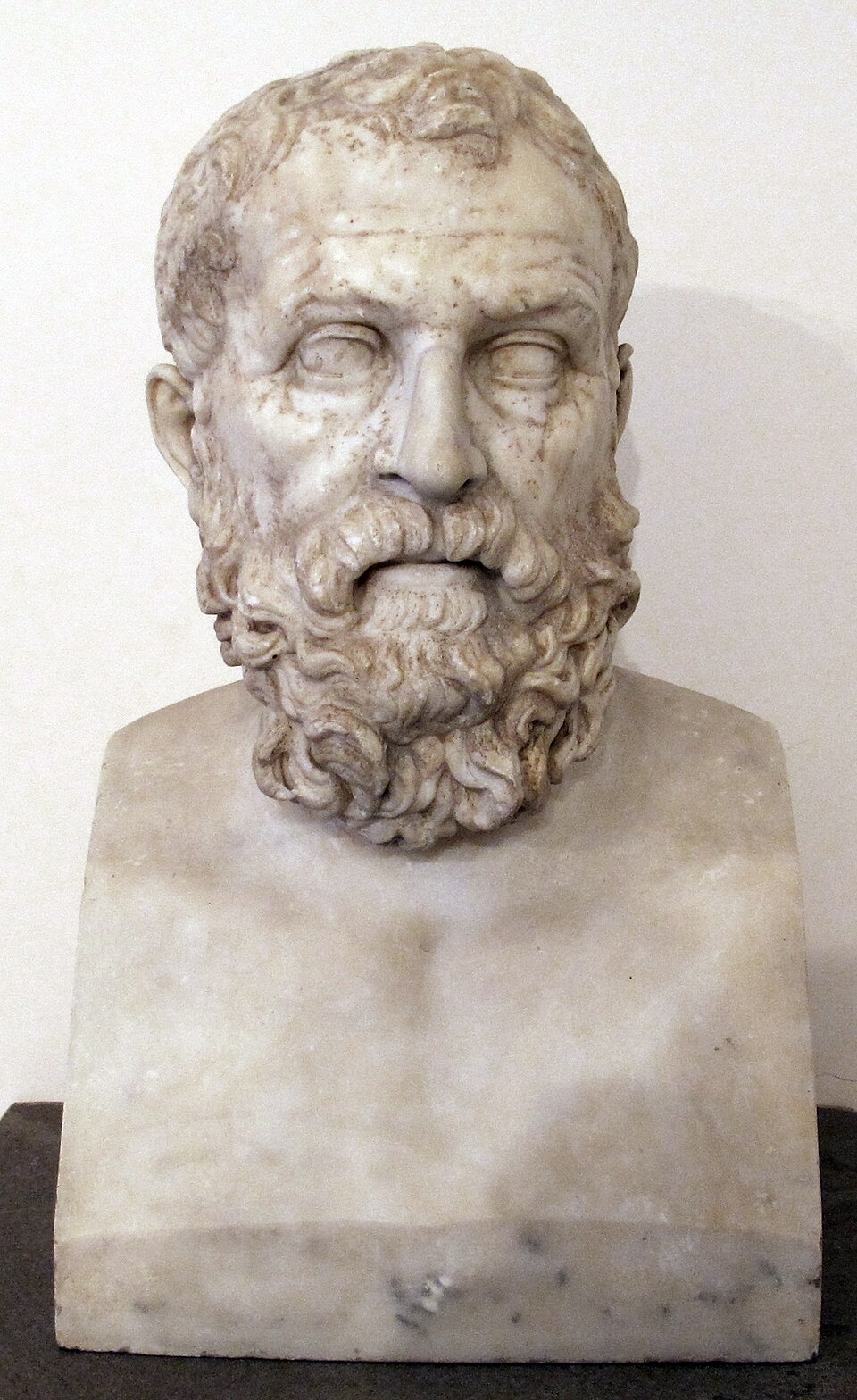
630 BCE - 560 BCE - Solon (All Facts)
Athenian statesman and poet
One theme which recurs throughout his poetry is his dislike of the greed and pride of the Athenian rich
630 BCE - 555 BCE - Stesichorus (All Facts)
Considered the greatest of the Dorian lyric poets, he lived in Catania
His poems were sung by choirs with kithara (lyre) accompaniment
The subjects of his poems were often mythological and include
The capture of the oxen of Geryon by Hercules
The taking of Troy
The return of the Achaean horses
The story of Orestes
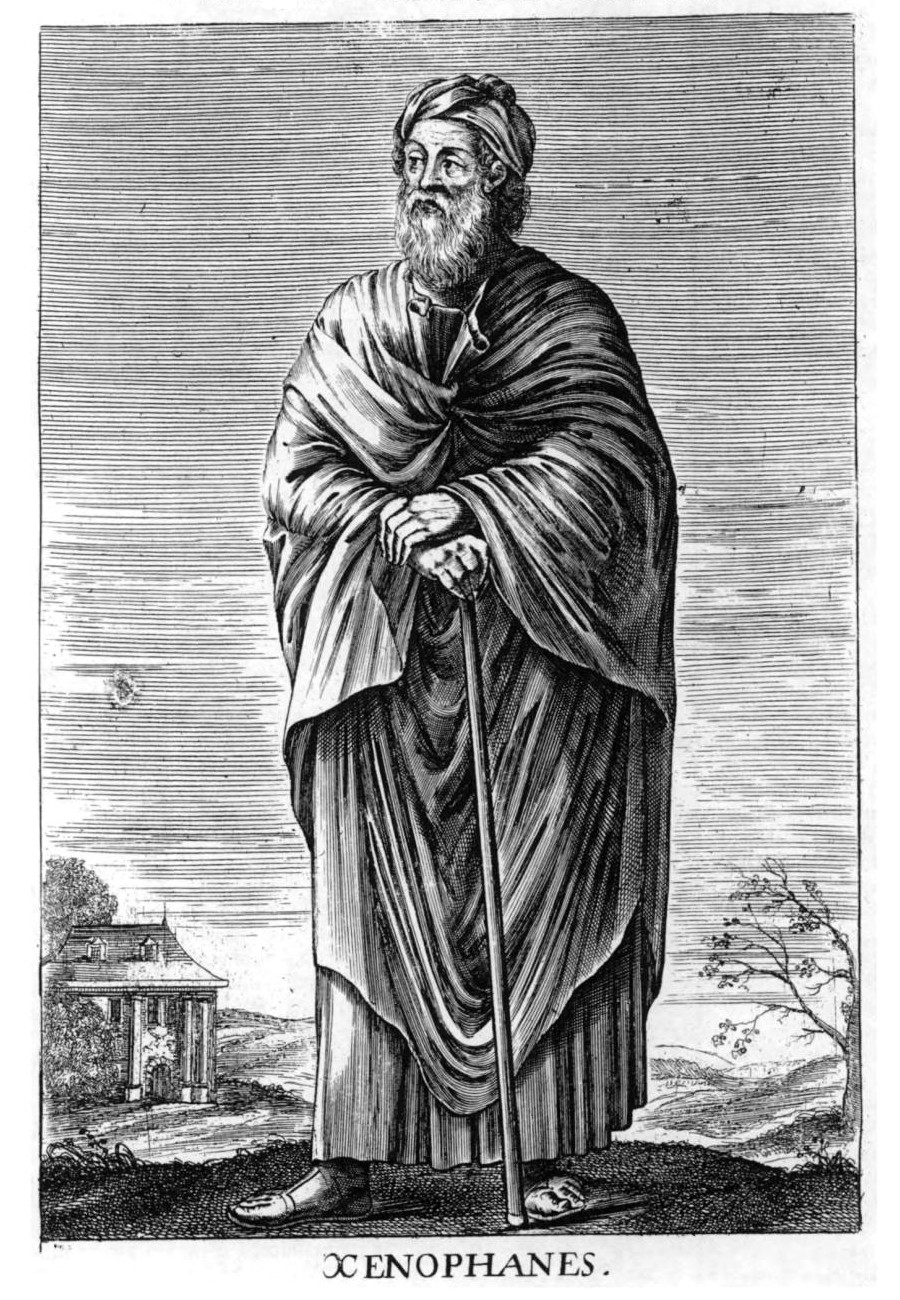
570 BCE - 478 BCE - Xenophanes (All Facts)
Poet from the Colophon in Anatolia
Considered the first Greek / Western Monotheist
He put forth the idea that there is one god, more powerful than all other gods and men, who is different from mortals in mind and body
Noted that men give their gods bodies, voices, and clothes like their own
Noted that Thracians thought of their gods as having red hair and blue eyes
Noted that Ethiopians thought of their gods as having black faces and snub noses
Noted that Homer and Hesiod had the gods behaving badly, like humans, committing adultery, stealing and deceiving one another
Derided these notions by arguing that if cows, lions, and horses had hands and could paint, they would paint the gods as cows, lions, and horses
Traveled about Greece reciting his verses
Upset traditionalists by ridiculing their religious beliefs
500’s BCE - Thepsis (All Facts)
Greek poet, playwright, and performer from Athens
Credited with inventing the tragedy genre or Ancient Greek drama
Credited with introducing a new style in which one singer or actor performed the words of individual characters in stories, distinguishing between characters with the aid of different masks
Was the first human to appear on stage as an actor playing a character in a play (instead of speaking as himself) and introduced the first principal actor in addition to the chorus having stepped out from the chorus to recite poetry as a character in which he spoke his own lines as a counterpoint to the chorus
His name lends itself to his namesake adjective which is used as a synonym for actor
400’s BCE - Phrynicus (All Facts)
Greek tragic poet
Student of Thepsis
Some consider him the true inventor of Greek tragedy instead of his teacher
Wrote two out of the three known Greek tragedies that dealt with contemporary history from episodes from the Greco-Persian Wars
400’s BCE - Phrynicus: The Sack of Miletus (All Facts)
Its topicality marks a departure from the traditional subject matter of tragedy, which was myth
Stage play which depicts the disaster at Miletus in which he was fined for having moved but guilt-tripped the audience into
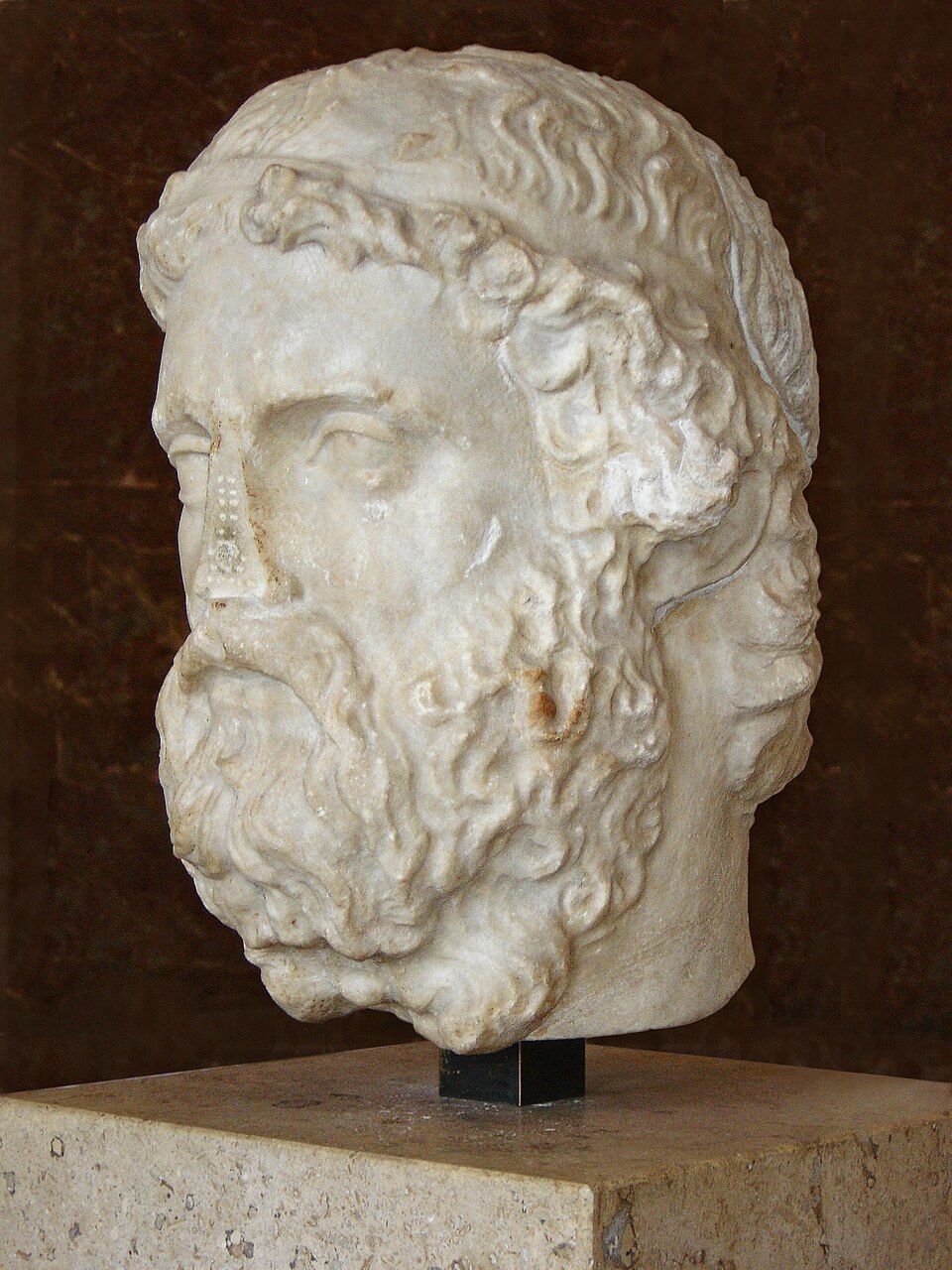
573 BCE - 495 BCE - Anacreon (All Facts)
Court poet in Athens from Teos in Ionia
Notable for his erotic poems and drinking songs
His favorite theme is love, which he said “masters the gods and tames men”
Extols the charm of young girls who are wider than unbroken mares
If a rival is more favored than himself, he accuses him of dallying with bakerwomen and “frequenting prostitutes”
550 BCE - 476 BCE - Hecataeus (All Facts)
Historian and geographer from Miletus
Famous for having put the Greek myths into writing for the first time
Poked fun at the various contradictions that could be found in the Greek myths
Expedited the process of studying humanity in its historical and physical environments and contexts by bringing critical faculties to bear on genealogical claims made by the aristocratic families, asserting truth and individual opinion at a time when privileges were being challenged
550 BCE - 476 BCE - Hecataeus: Genealogia (All Facts)
Work in which the author classifies the traditional stories of Greek mythology chronologically
He starts with Deucalion, the first man after the flood, to the children of Hercules
Wrote the stories in a way which was more true to life than had been orally transmitted prior, ironing out inconsistencies and purging them of their fantastic elements on the grounds of common-sense
He did this to make them seem more sane and credible
By writing them down, the old myths could be compared, and so writing was seen as a means of interpretation and criticism
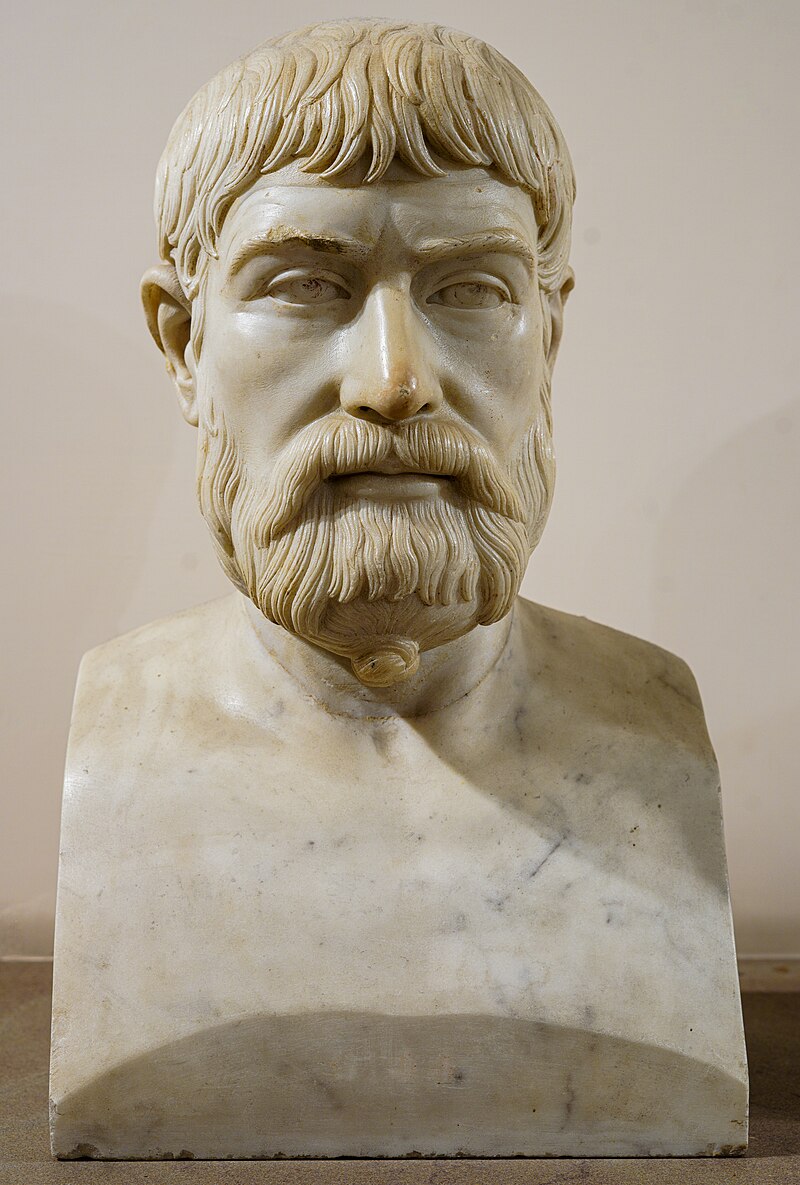
518 BCE - 438 BCE - Pindar (All Facts)
Poet from Thebes
Famous for his writings on Greece’s athletic games and festivals
His verses pay a fitting tribute to the efforts of those whom they immortalize
Followed the four major athletic festivals, penning triumphal odes (pinicians) in honor of the victors at the Olympics, Pythian Games, Isthmian Games, and Nemean Games
His odes all followed the same pattern:
After calling up visions of splendor, they tell of the victor’s home and family and the city in which he lives
Then, they deal with the context itself, usually in terms of a famous mythical exploit well known to all
As well as descriptions, he refers to religious and moral themes, stressing that victory only comes to those whose way of life deserves it
His home was spared in the destruction of Thebes by Alexander the Great
Pinicians (All Facts)
Written triumphal odes in honor of the victors of various athletic games and festivals
Famously written down by Pindar
If an athlete is rich enough, he can commission poets himself with a choir singing this resulting ode for the public’s enjoyment
556 BCE - 468 BCE - Simonides (All Facts)
Greek lyric poet from Ceos
Known for his powerful sense of memory
Credited with the invention of mnemonics of mnemonic systems
He realized that memory could be improved by forming mental images of the required facts and arranging them in an imaginary set of objects, in his case, pigeon holes
The idea came to him following a disastrous recital of one of his poems in which
He had been giving a recital at the home of a nobleman named Scopas, in Thessaly, and there had been an argument over his fee; to which, as he departed, the roof collapsed and killed the entire audience which was still inside
Despite the victims being crushed beyond recognition, he was able to identify their bodies because he could remember where each guest was sitting
These events led him to his realization described above
518 BCE - 451 BCE - Bacchylides (All Facts)
Greek lyrical poet
Wrote odes in praise of Hieron’s success in the horse races at Olympia
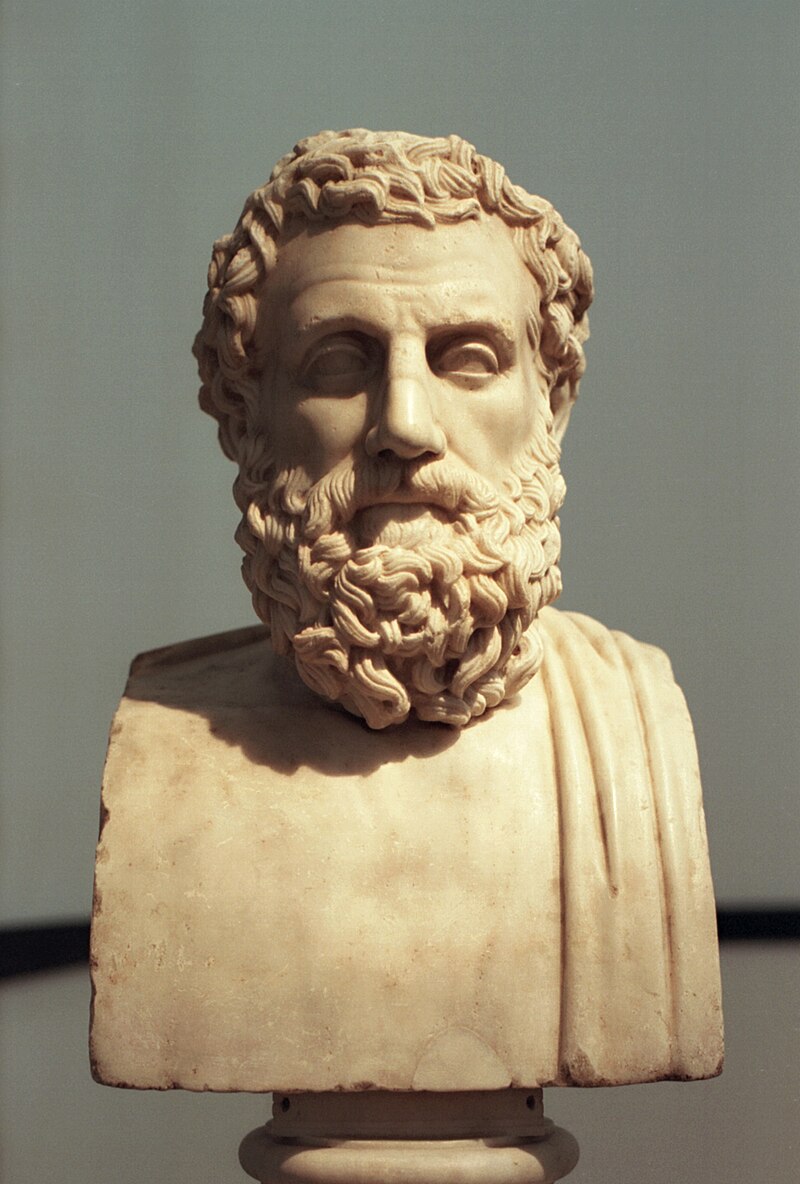
525 BCE - 455 BCE - Aeschylus (All Facts)
Greek playwright
Known for adding a second actor to the genre of Greek Drama, which, prior to him, featured only one actor
Won the dramatic competition of the Great Dionysia with his trilogy on the Theban legend
Won another tragedy competition with his Oresteia Trilogy
Died at Gela in odd circumstances
Was killed by an eagle who dropped a tortoise it was carrying onto him and he did not survive the blow to his head from it
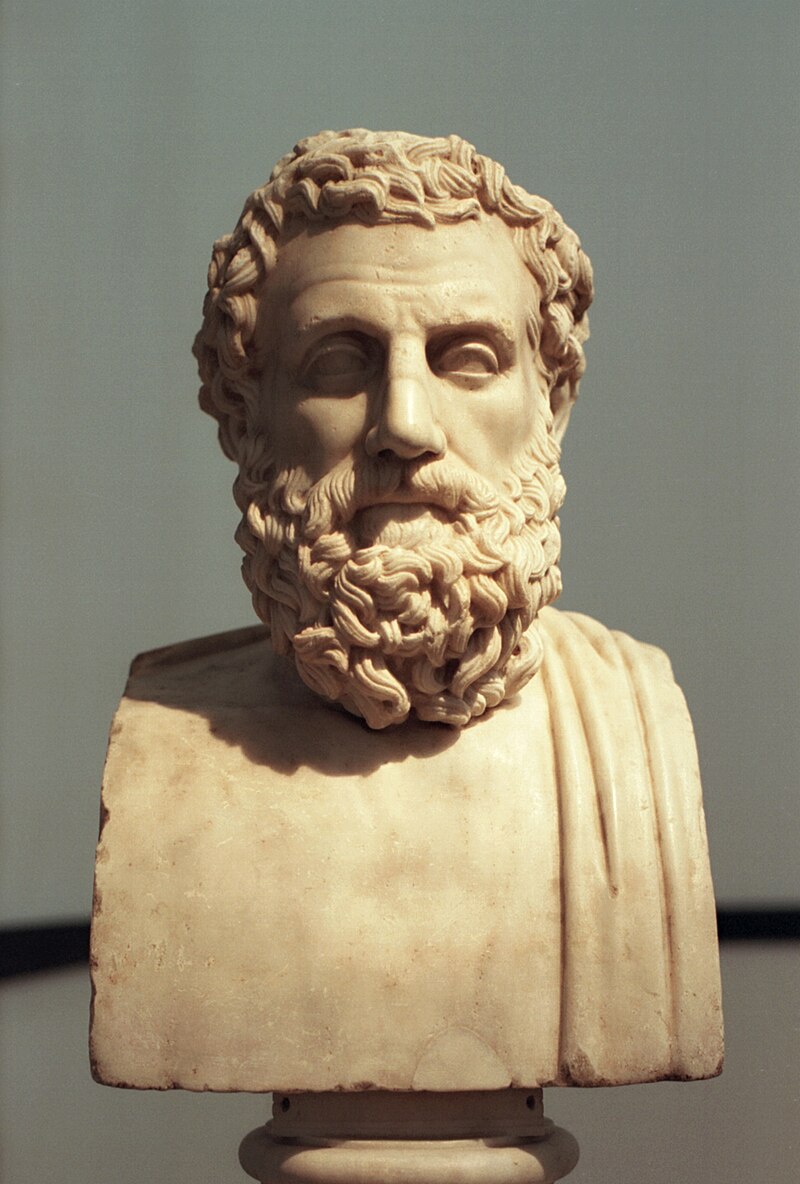
525 BCE - 455 BCE - Aeschylus: The Persians (All Facts)
Play in which the playwright presents the Athenian public with a Persian view of the Battle of Salamis
The vanquished appear on stage, and the main body the drama consists of one long, gloomy complaint
The play offers a moral lesson in moderation, caution, and respect for the gods - all those qualities which ought to have dissuaded the Persians from such a disastrous undertaking
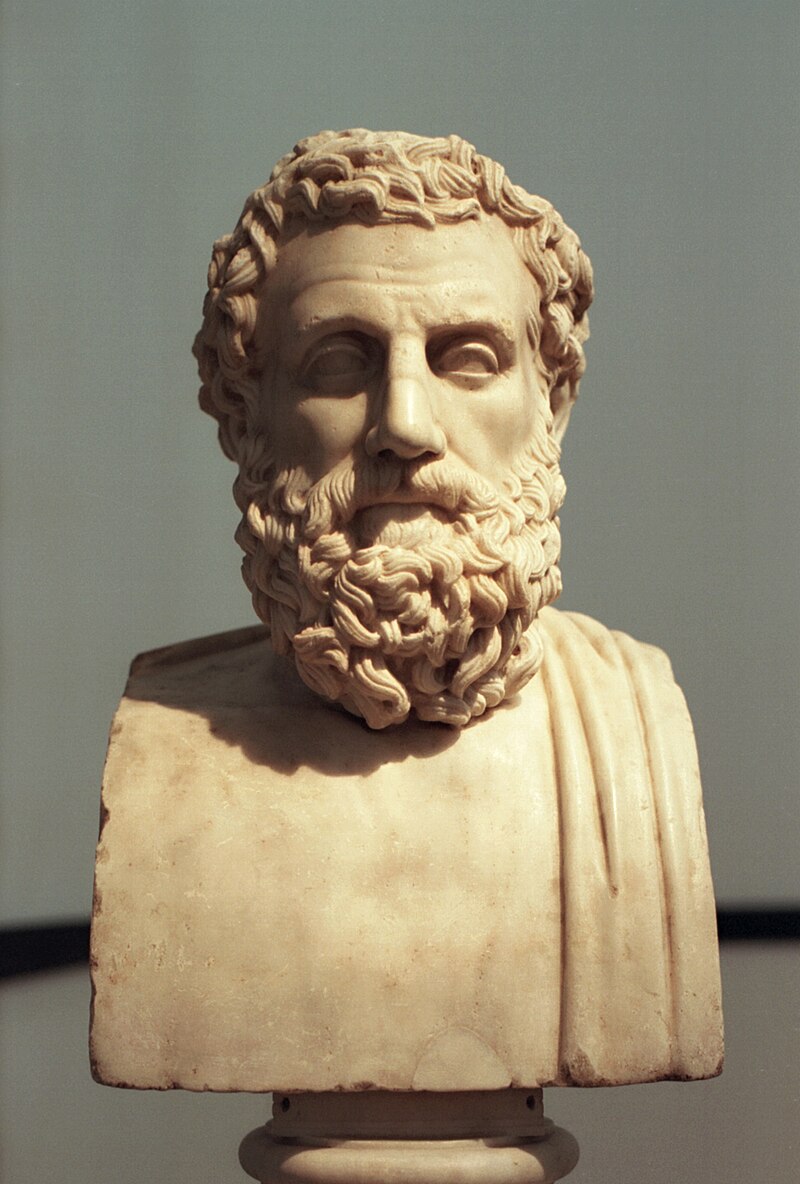
525 BCE - 455 BCE - Aeschylus: Seven Against Thebes (All Facts)
One of three great plays by the namesake author
Dealt with the final confrontation between the two accursed sons of Oedipus Eteocles and Polynices
Describes how Eteocles, King of Thebes; and his brother Polynices kill each other in battle and how the terrible curse on the house of Laius dies with them
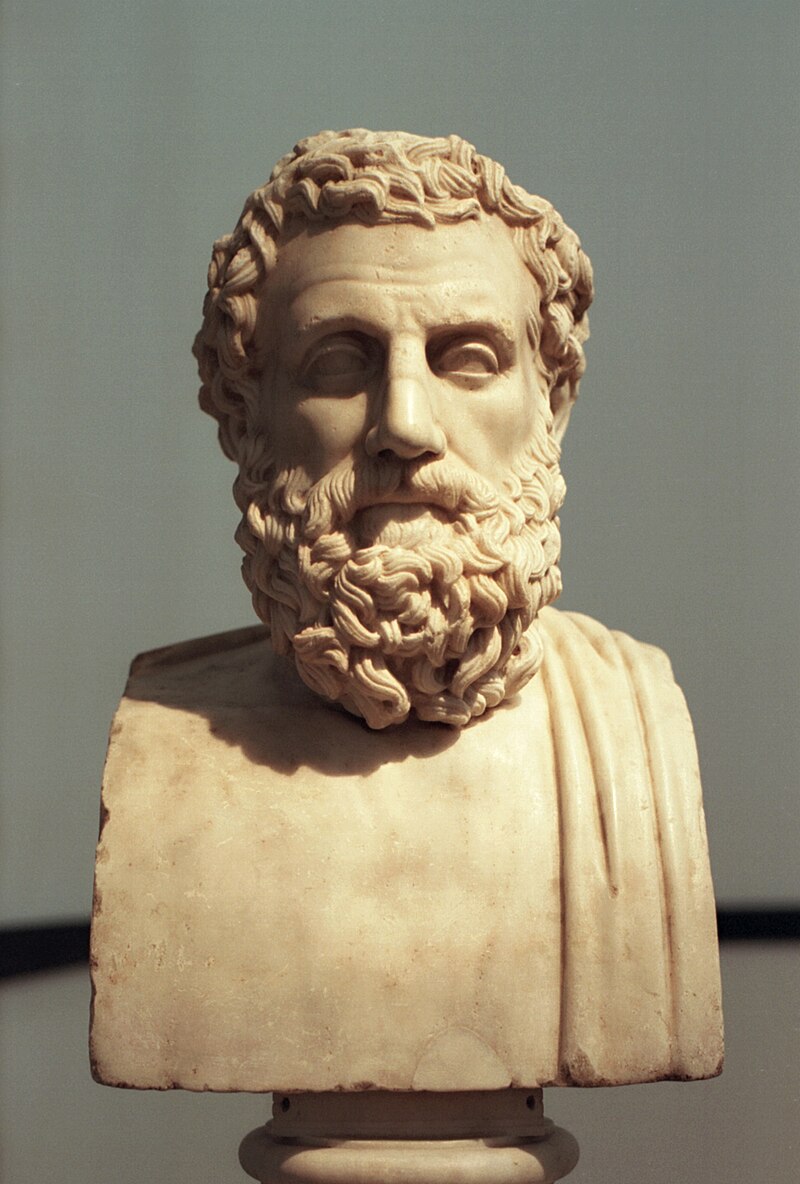
525 BCE - 455 BCE - Aeschylus: Agamemnon (All Facts)
First play in his Oresteia trilogy
Shows the namesake Achaean king being murdered by his wife Clytemnestra, and her lover
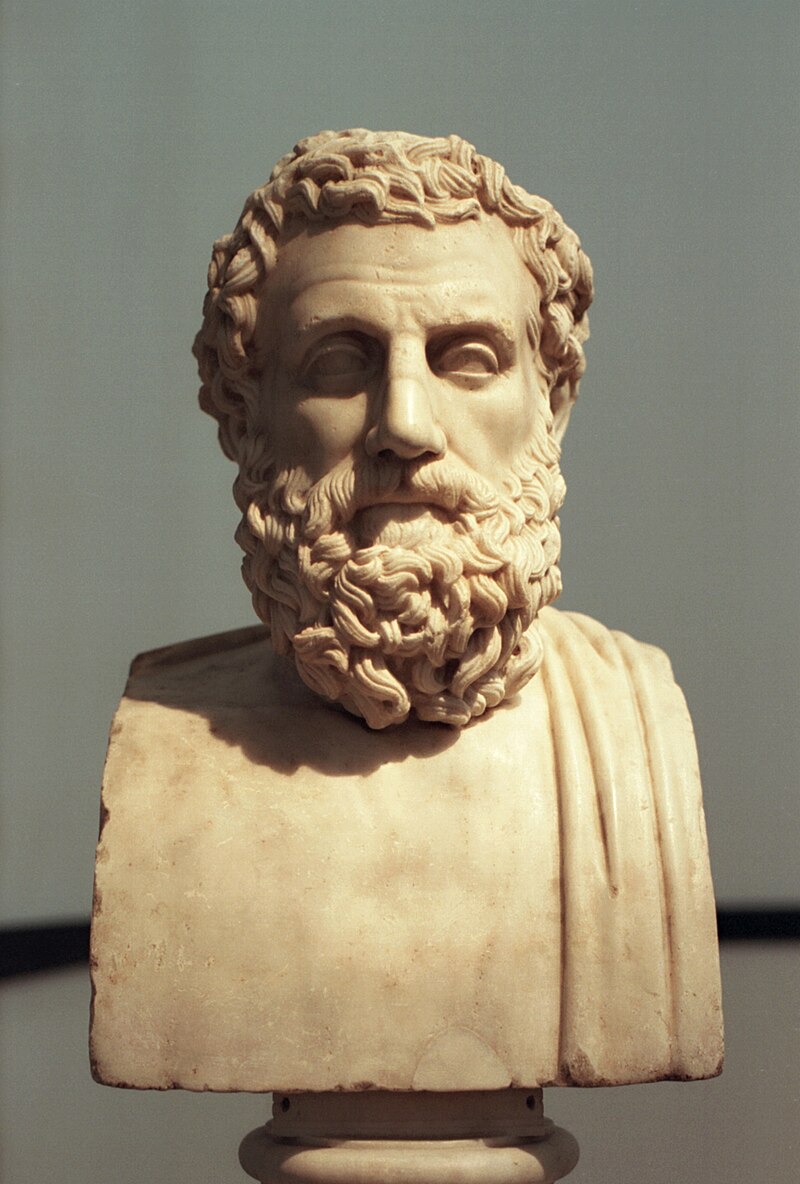
525 BCE - 455 BCE - Aeschylus: The Libation Bearers (All Facts)
Second in his Oresteia trilogy
Shows Agamemnon’s son Orestes avenge his father via matricide
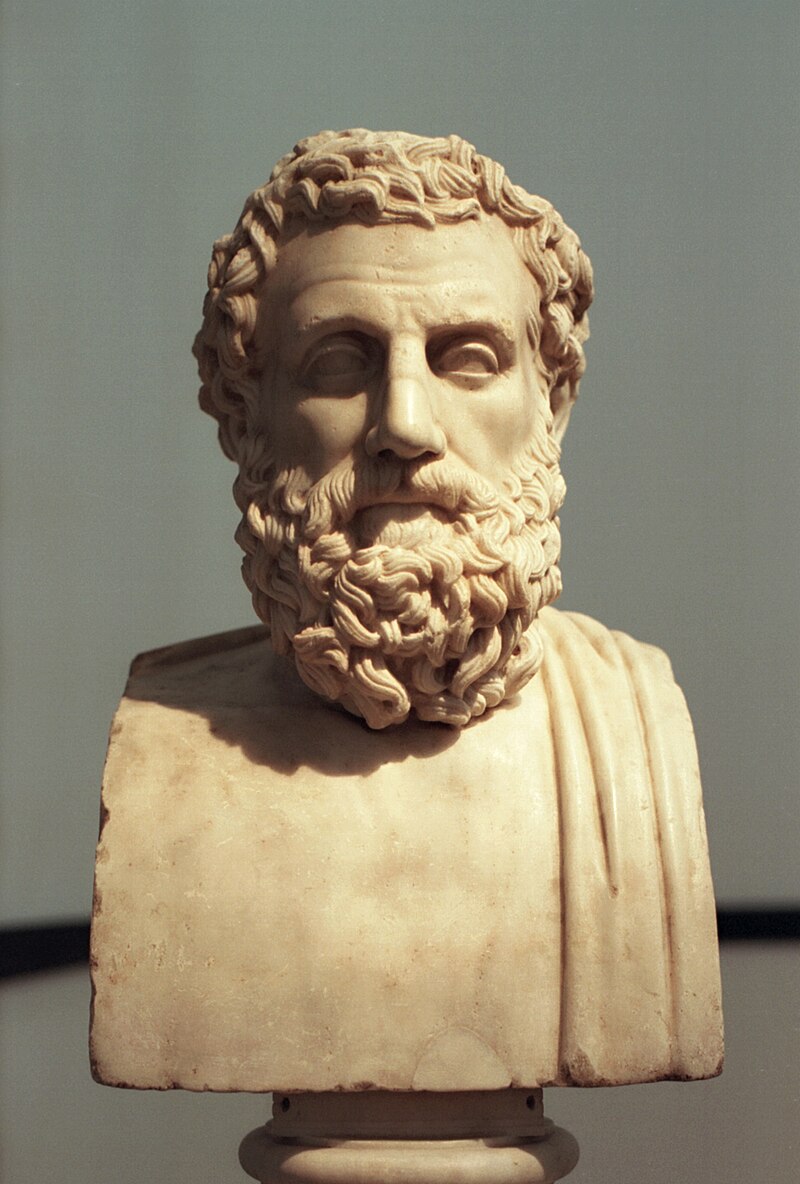
525 BCE - 455 BCE - Aeschylus: The Euminides (All Facts)
Third play in his Oresteia Trilogy
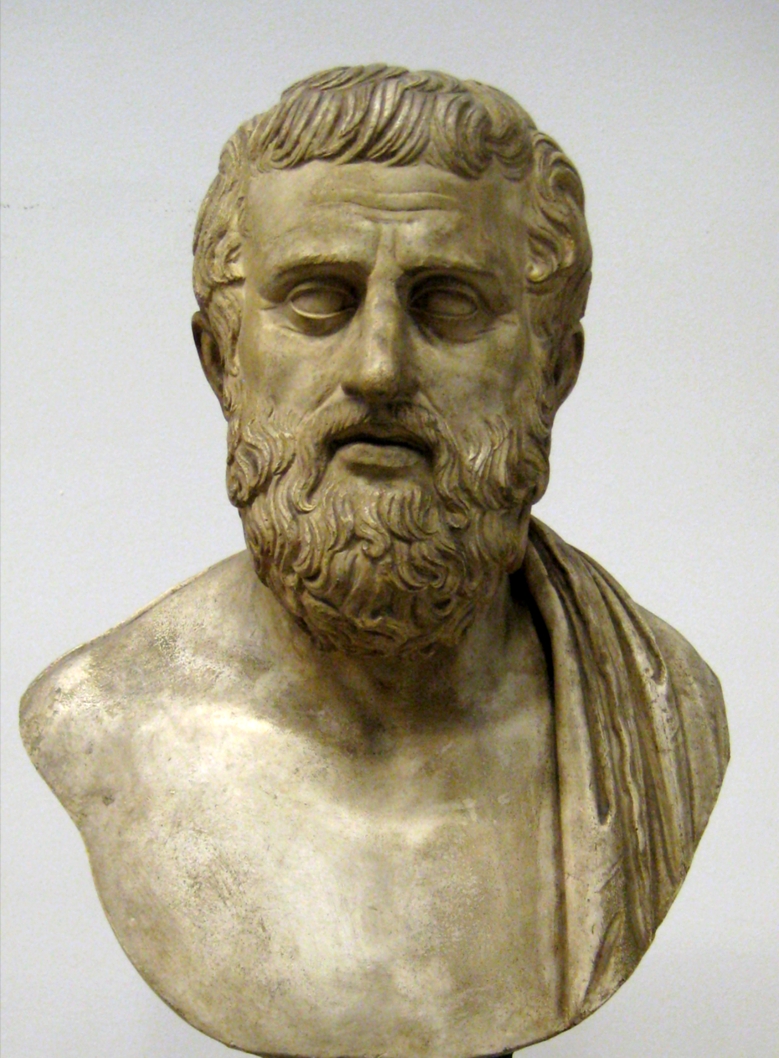
497 BCE - 405 BCE - Sophocles (All Facts)
Greek tragedian / playwright who wrote over 120 plays
Known for adding a third actor to the genre of Greek Drama, which, prior to him, featured only two actors
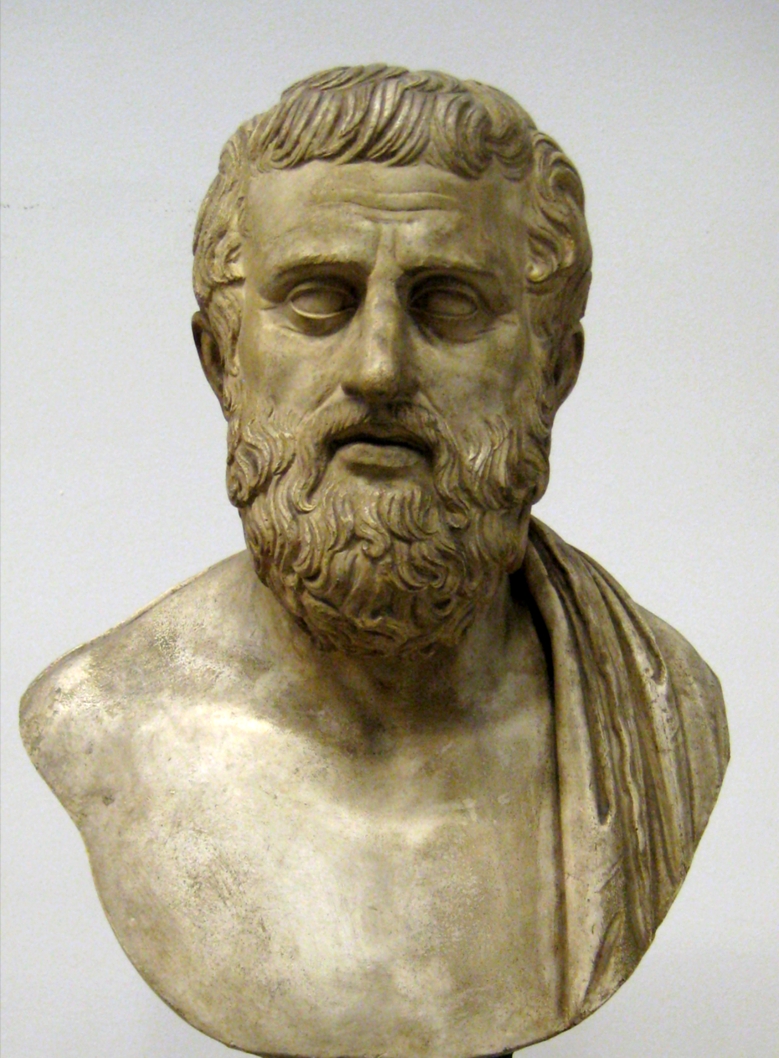
497 BCE - 405 BCE - Sophocles: Ajax (All Facts)
Tragedy that dealt with an episode in the Trojan War in which, after the death of Achilles, the Greeks decided to give the hero’s armor to the man with the greatest cunning, Odysseus, rather than to the man with the greatest courage, the namesake character
In response, the namesake character flies into a fit of rage, slaughters all the army’s livestock, and commits suicide
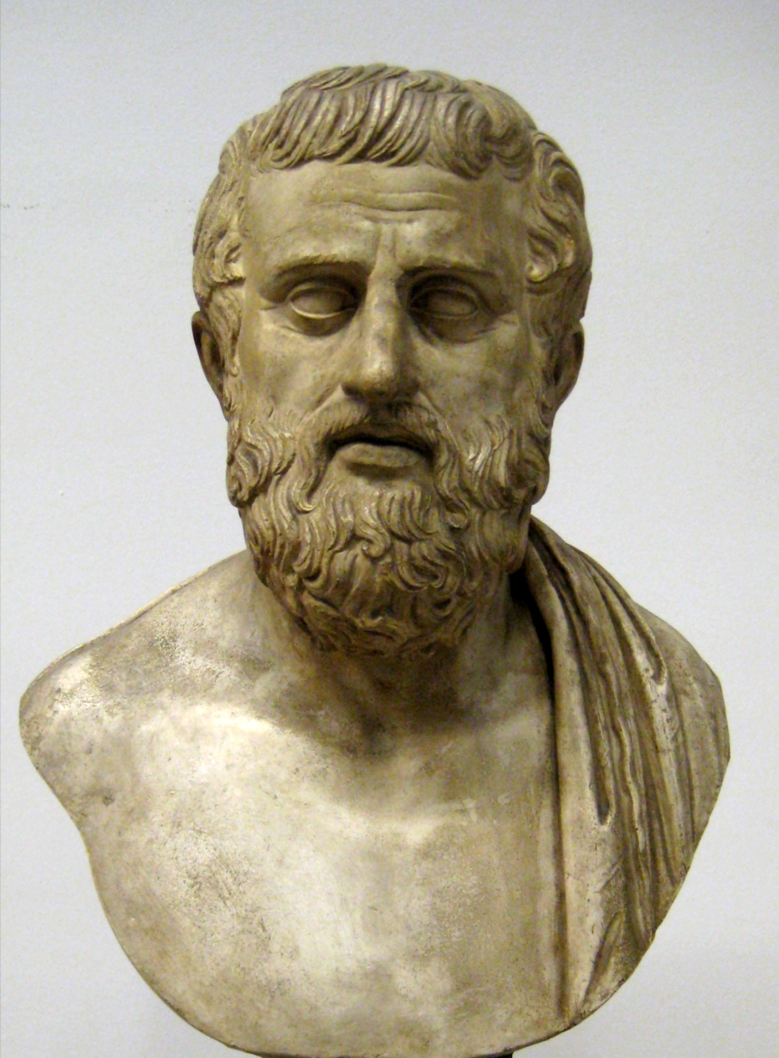
497 BCE - 405 BCE - Sophocles: Antigone (All Facts)
Play which poses important moral and political questions and examines the conflict between divine and human justice

497 BCE - 405 BCE - Sophocles: Oedipus at Colonus (All Facts)
The last play and tragedy by the namesake playwright
Was a drama of guilt and destiny
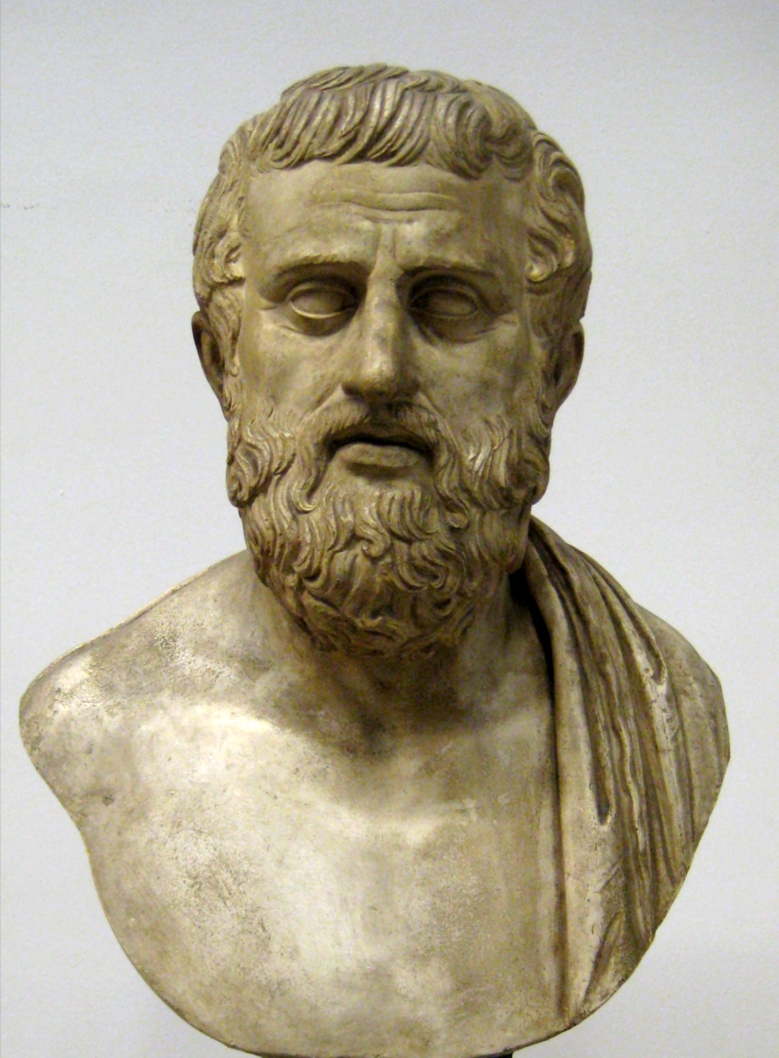
497 BCE - 405 BCE - Sophocles: Oedipus Rex (All Facts)
The most famous play of the namesake playwright
About the namesake man who killed his father, married his mother, and fled from Thebes
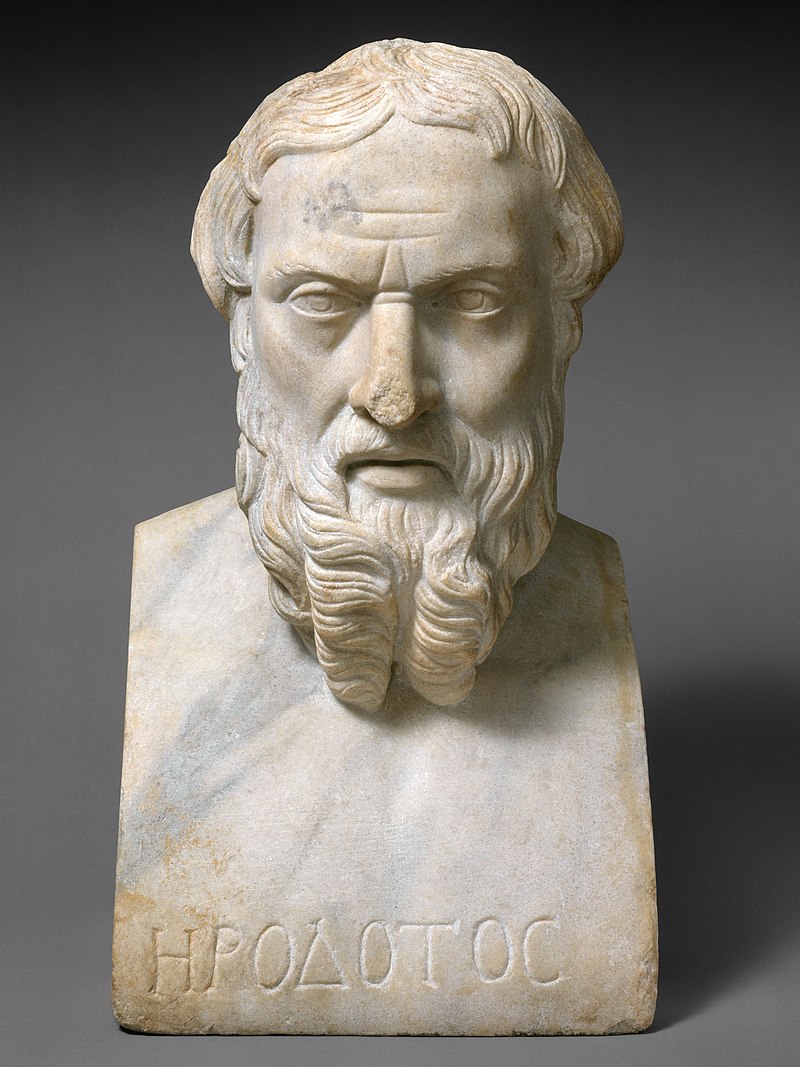
484 BCE - 425 BCE - Herodotus (All Facts)
Considered the “Father of History” or first historian
Wrote on the history of the wars between Greece and the barbarians, especially the Greco-Persian Wars; the conquest of the Greek colonies in Anatolia by the Lydian King Croesus and the history of Lydia; and the history of Persia, Babylon, and Egypt
Travelled widely in the Greek world, collecting mythological, historical, and geographical material
Was from a literary family in Anatolia
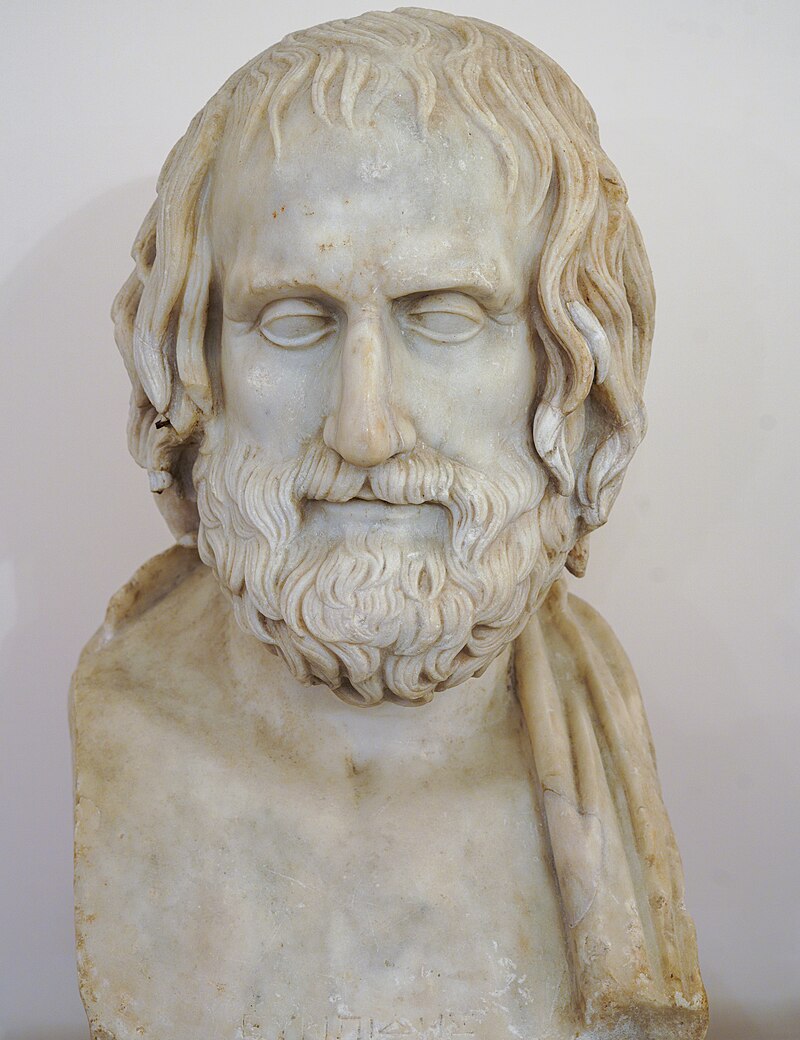
480 BCE - 406 BCE - Euripides (All Facts)
Greek playwright
Characterized by / remembered for focusing more on men’s passions than on the great myths
His works challenged conventional assumptions and introduced a new tone into Attic tragedy
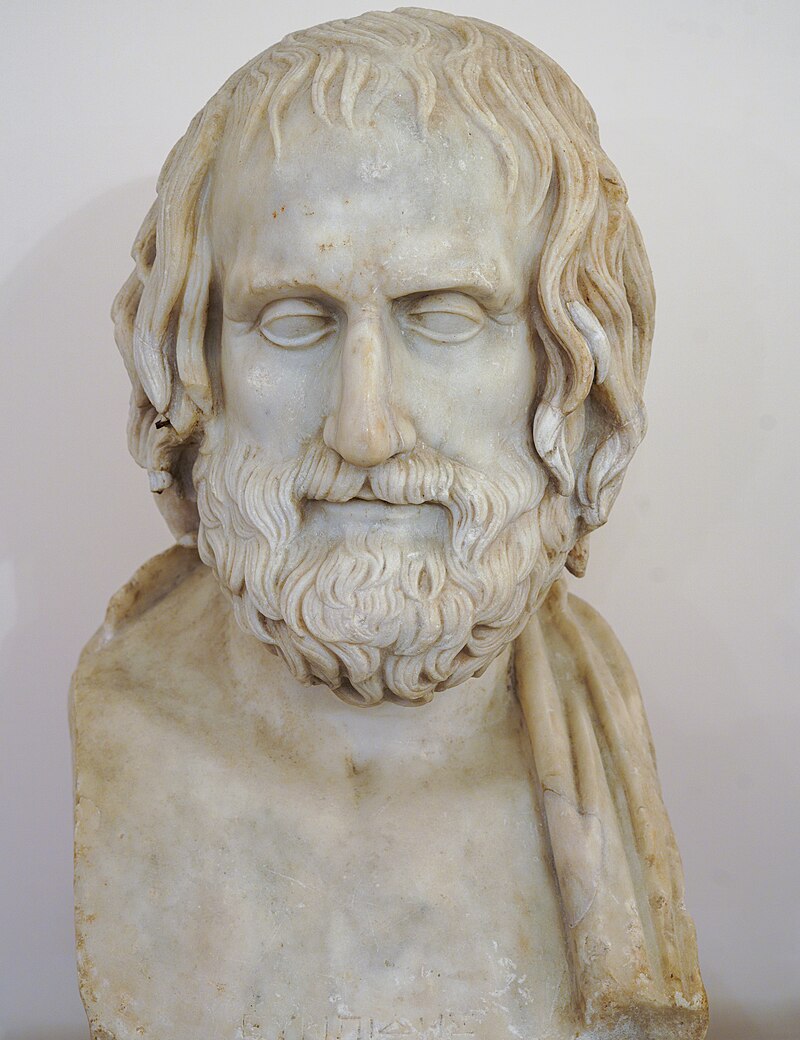
480 BCE - 406 BCE - Euripides: Hippolytus (All Facts)
Story about a clash between the goddesses Aphrodite and Artemis
This tragedy ends with two deaths
that of the namesake character, who pays for his excessive attachment to Artemis and his contempt for Aphrodite
that of the namesake character’s stepmother Phaedra, who commits suicide out of guilt at her love for the namesake character
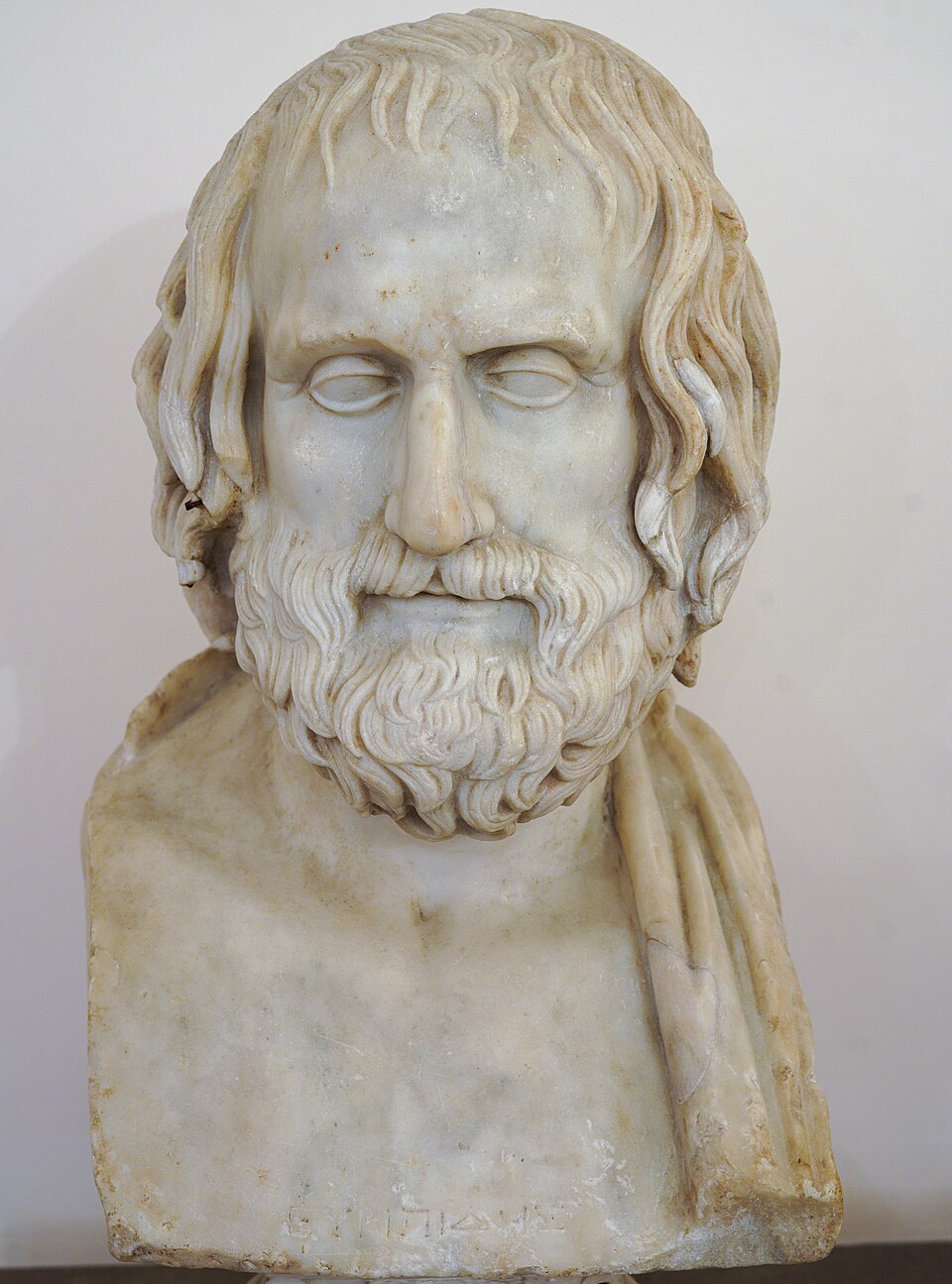
480 BCE - 406 BCE - Euripides: Hecuba (All Facts)
Play in which the author treats the great mythological subject in a new way, in which he stressed
passion
the troubles of the soul
psychological developments
Included sharp political commentary
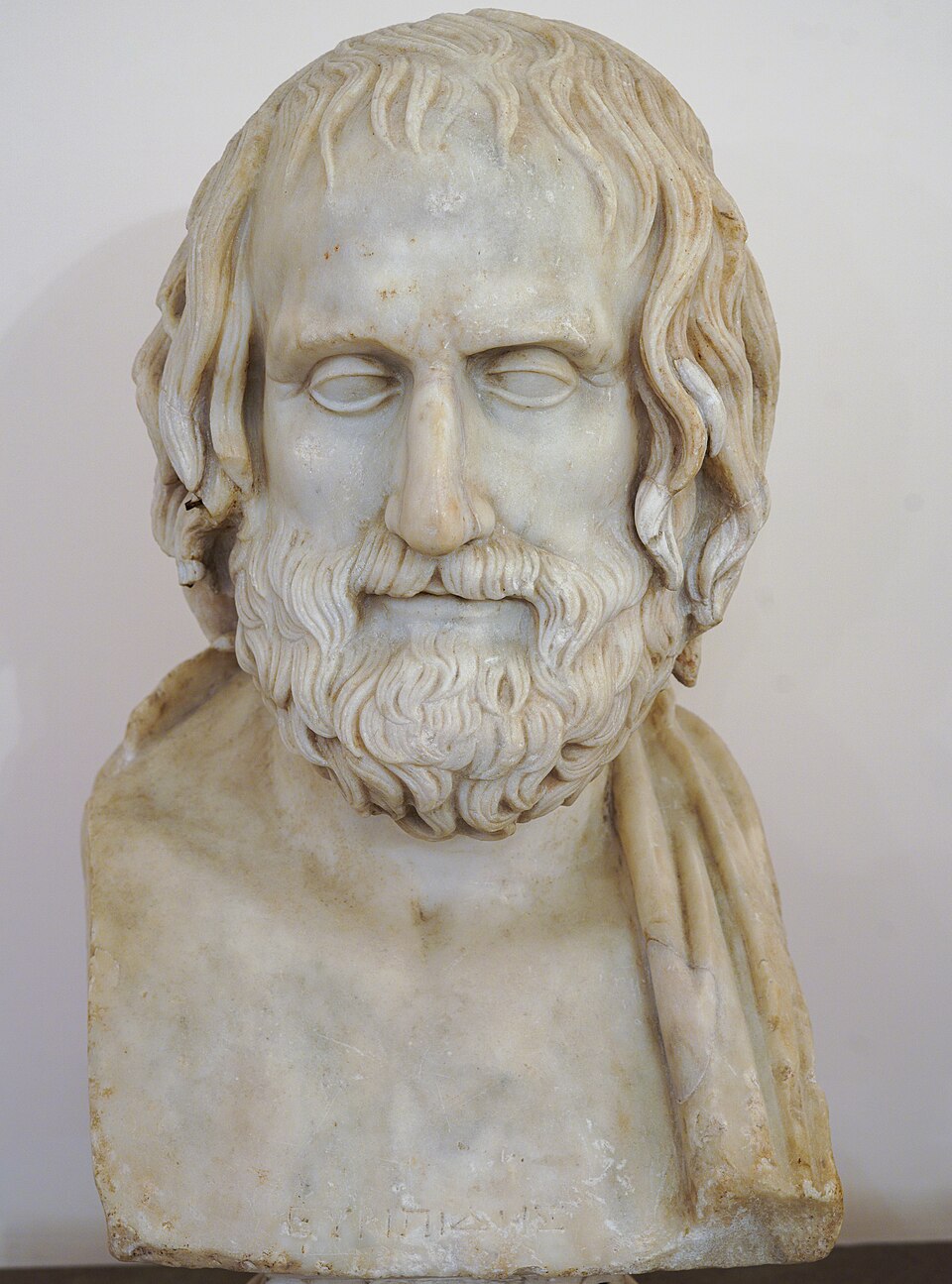
480 BCE - 406 BCE - Euripides: Suppliant Women (All Facts)
Play in which the author treats the great mythological subject in a new way, in which he stressed
passion
the troubles of the soul
psychological developments
Included sharp political commentary
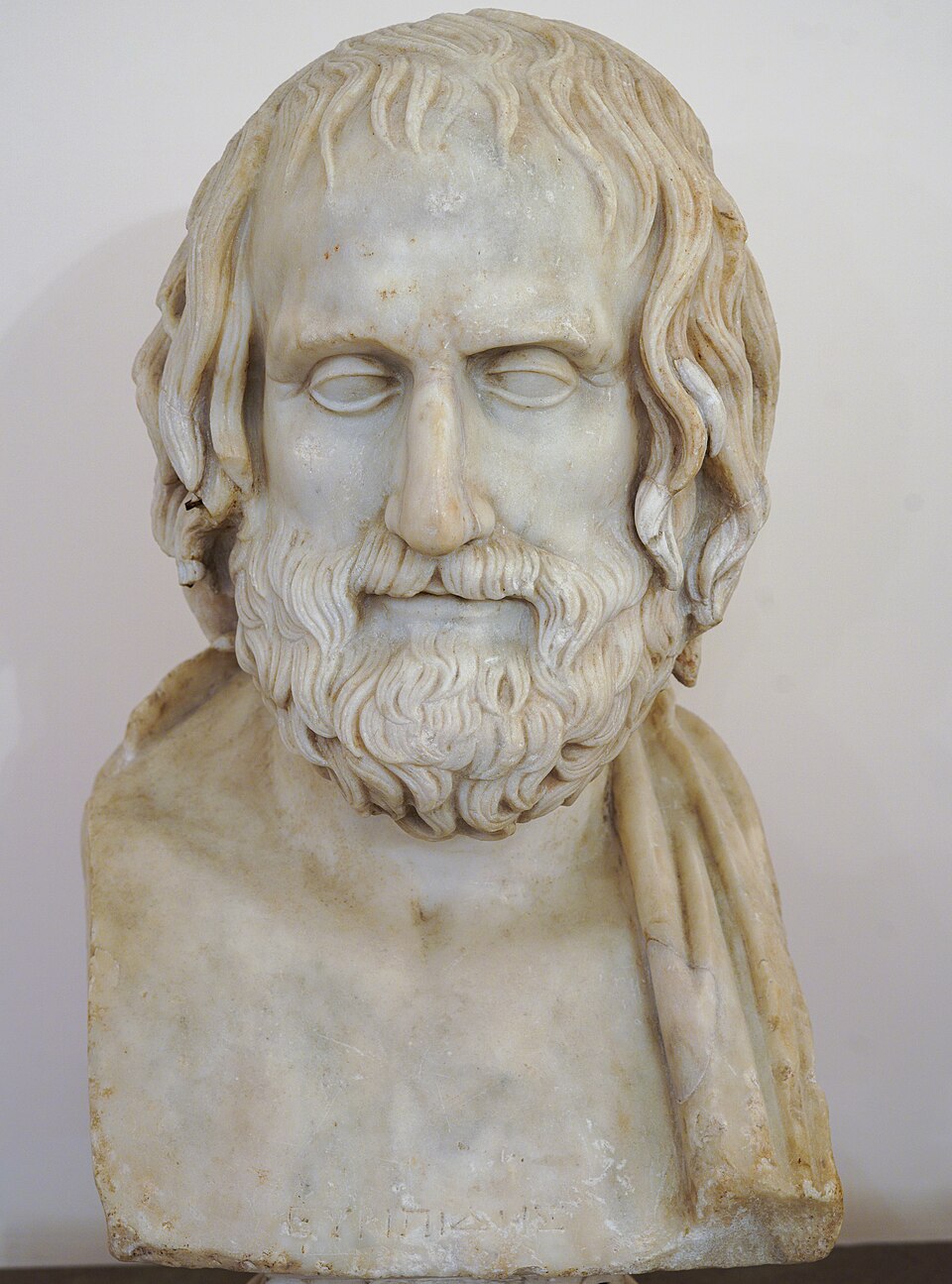
480 BCE - 406 BCE - Euripides: Heracles (All Facts)
Play in which the author treats the great mythological subject in a new way, in which he stressed
passion
the troubles of the soul
psychological developments
Included sharp political commentary
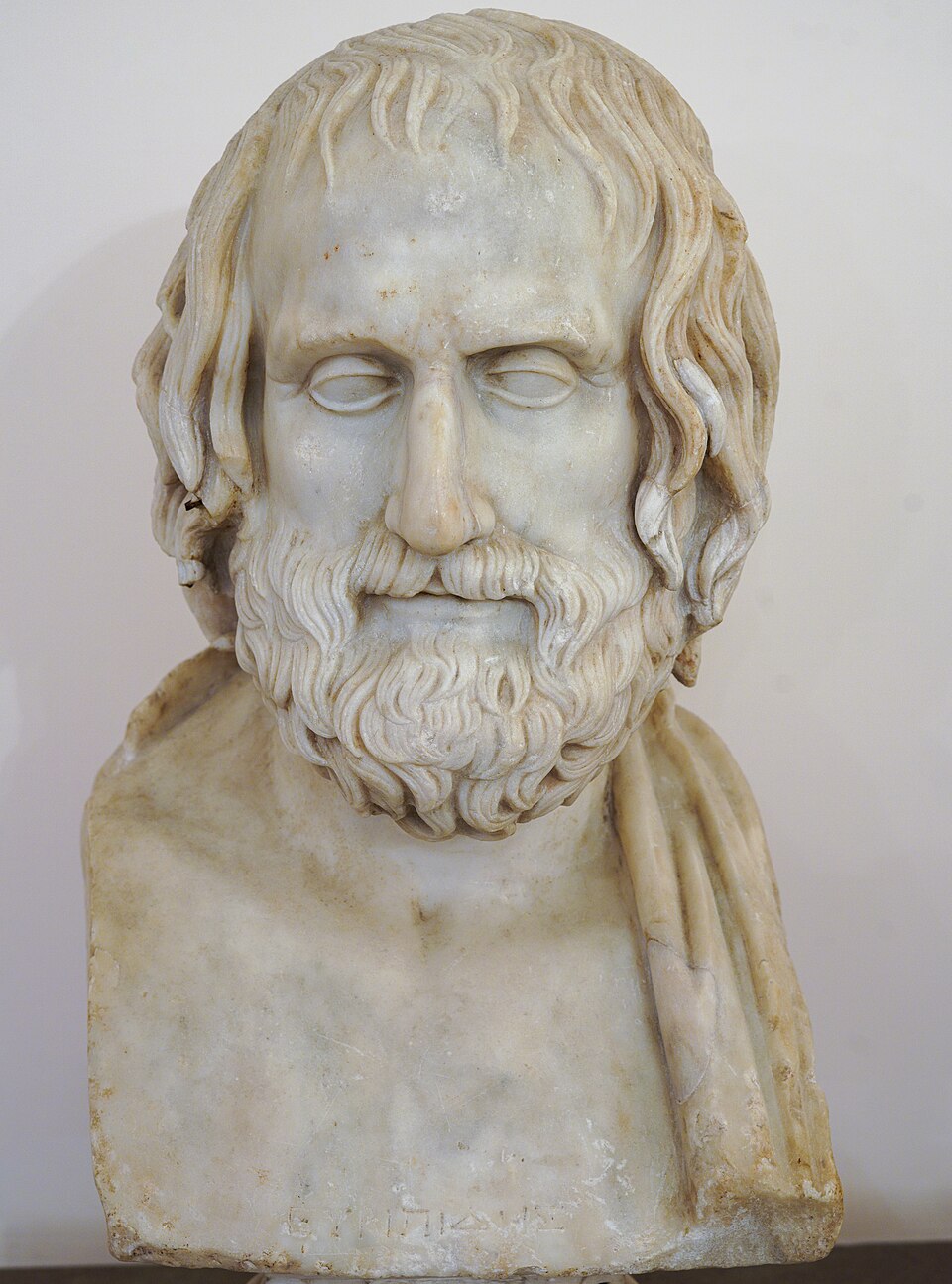
480 BCE - 406 BCE - Euripides: Iphigeneia in Aulis (All Facts)
Play that shows that King Agamemnon must choose between the defeat of his army or the death of his daughter
Play which epitomized the characteristic tone dealing with men’s passions that the namesake playwright was known for adding to the tradition of Greek drama
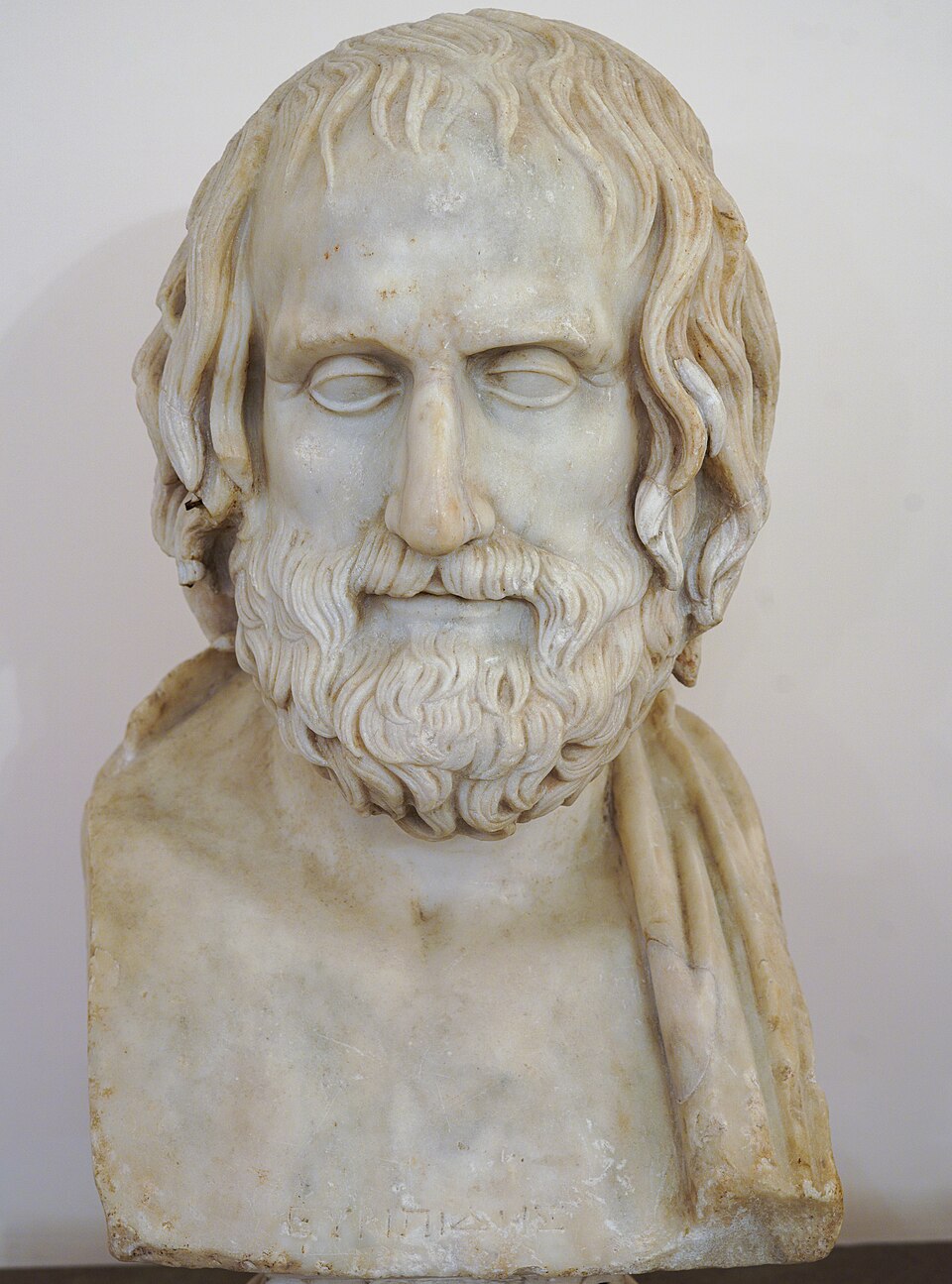
480 BCE - 406 BCE - Euripides: The Trojan Women (All Facts)
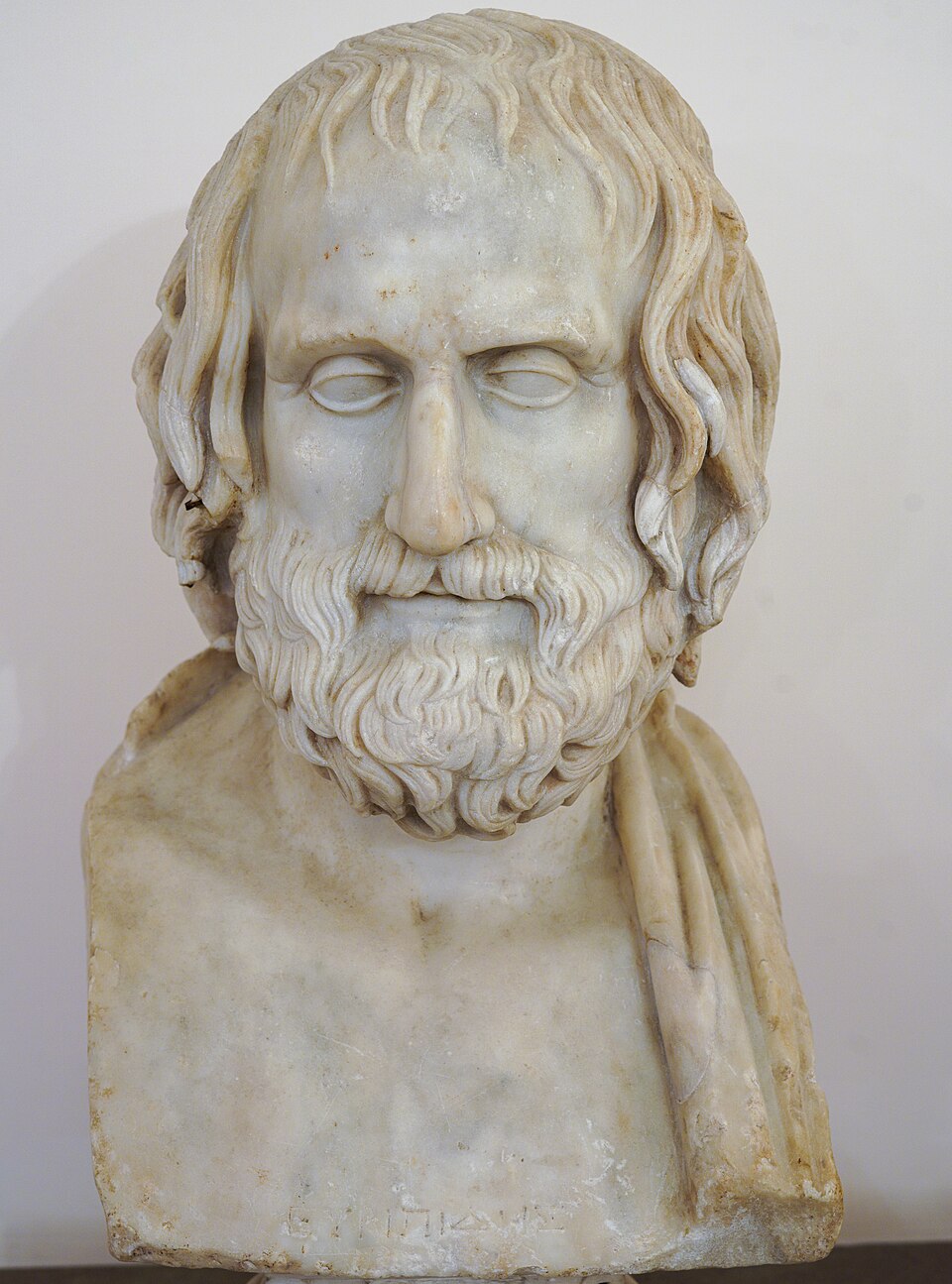
480 BCE - 406 BCE - Euripides: Electra (All Facts)
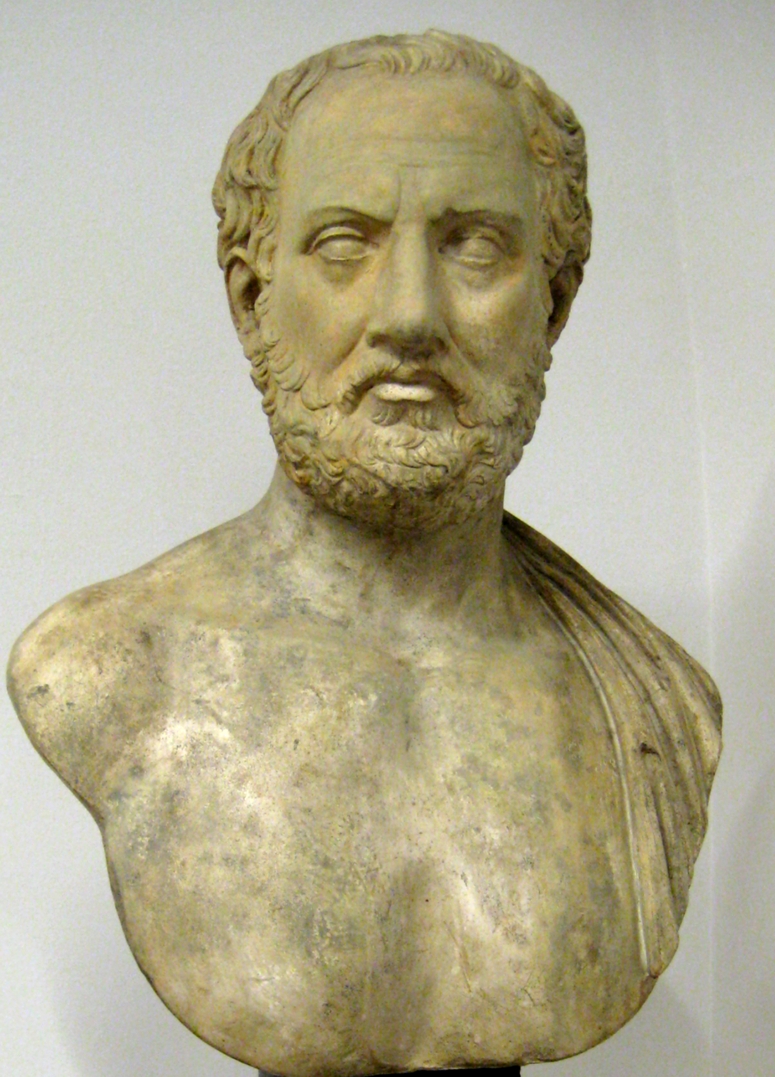
460 BCE - 400 BCE: Thucydides (All Facts)
Greek writer, historian, general, and soldier
Famous for his war reports and writings on the Peloponnesian Wars
Brilliant reporter of current events
Revolutionized the annals of warfare by having brought back on-the-spot reports from the battlefields of the Peloponnesian War
Additionally, he claimed to have recalled from the best of his memory speeches delivered in assemblies or on the battlefield during the events of the Peloponnesian War
He admitted, however, that his imperfect memory may meant that the exact text of the speech was lost, but what was called for in each situation was still properly included
Claimed that his work, based on personal experience, was far more accurate than that of poets, whose authorities cannot be checked
Considered the “father of scientific history"
This would be the case if it could be shown that he demonstrated through his work
strict standards of impartiality and evidence-gathering
analysis of cause and effect
lack of reference to intervention by the gods
Considered the “father of political realism”
He was the first major figure to view the political behavior of individuals and the subsequent outcomes of relations between states as ultimately mediated by, and constructed upon, fear and self-interest
Devoted follower of Pericles
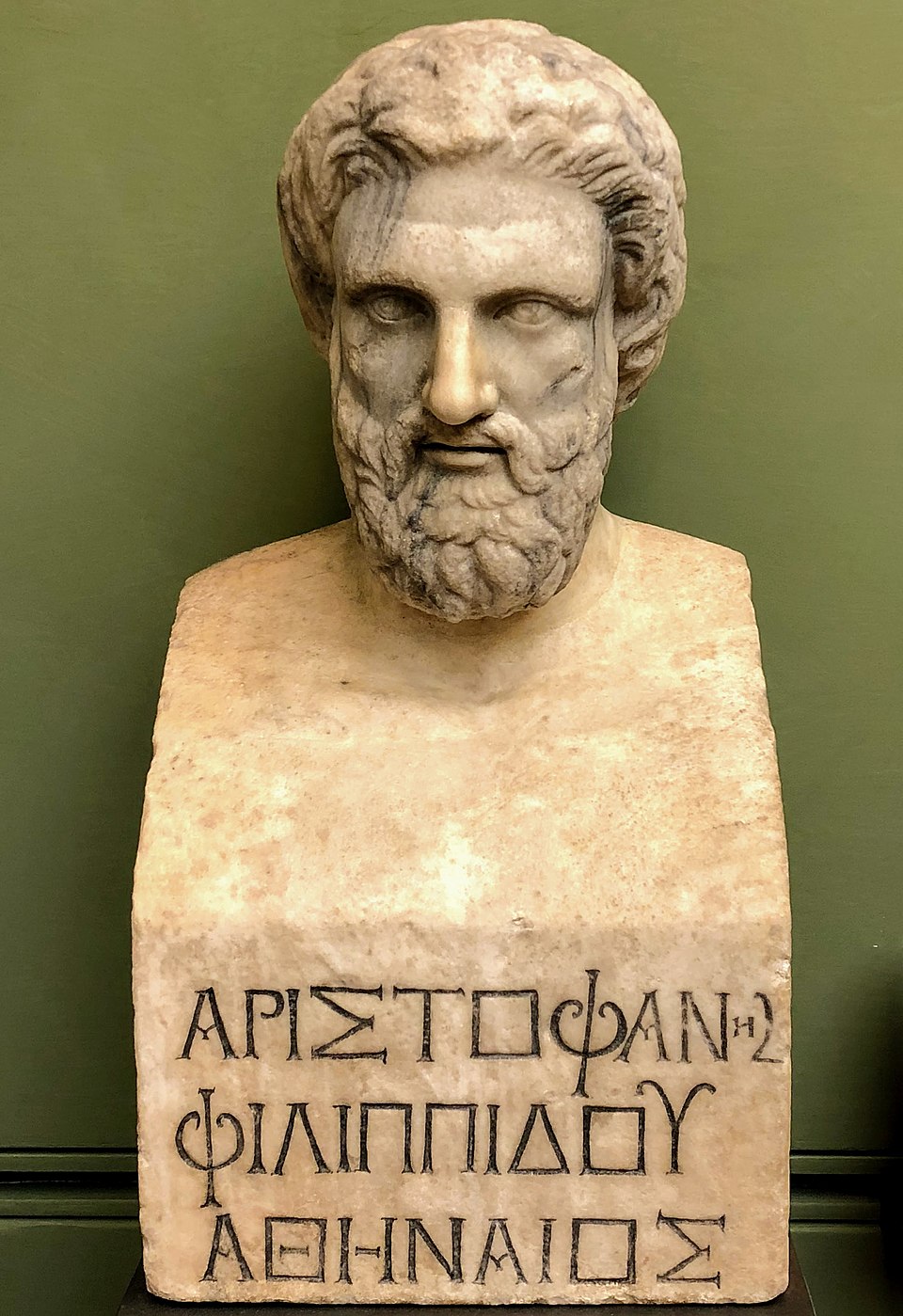
446 BCE - 386 BCE - Aristophanes (All Facts)
Comic playwright from Athens
Wrote 40 plays total, 11 of which survive today
His plays were comic dramas known as Old Comedy and are considered its most valuable example
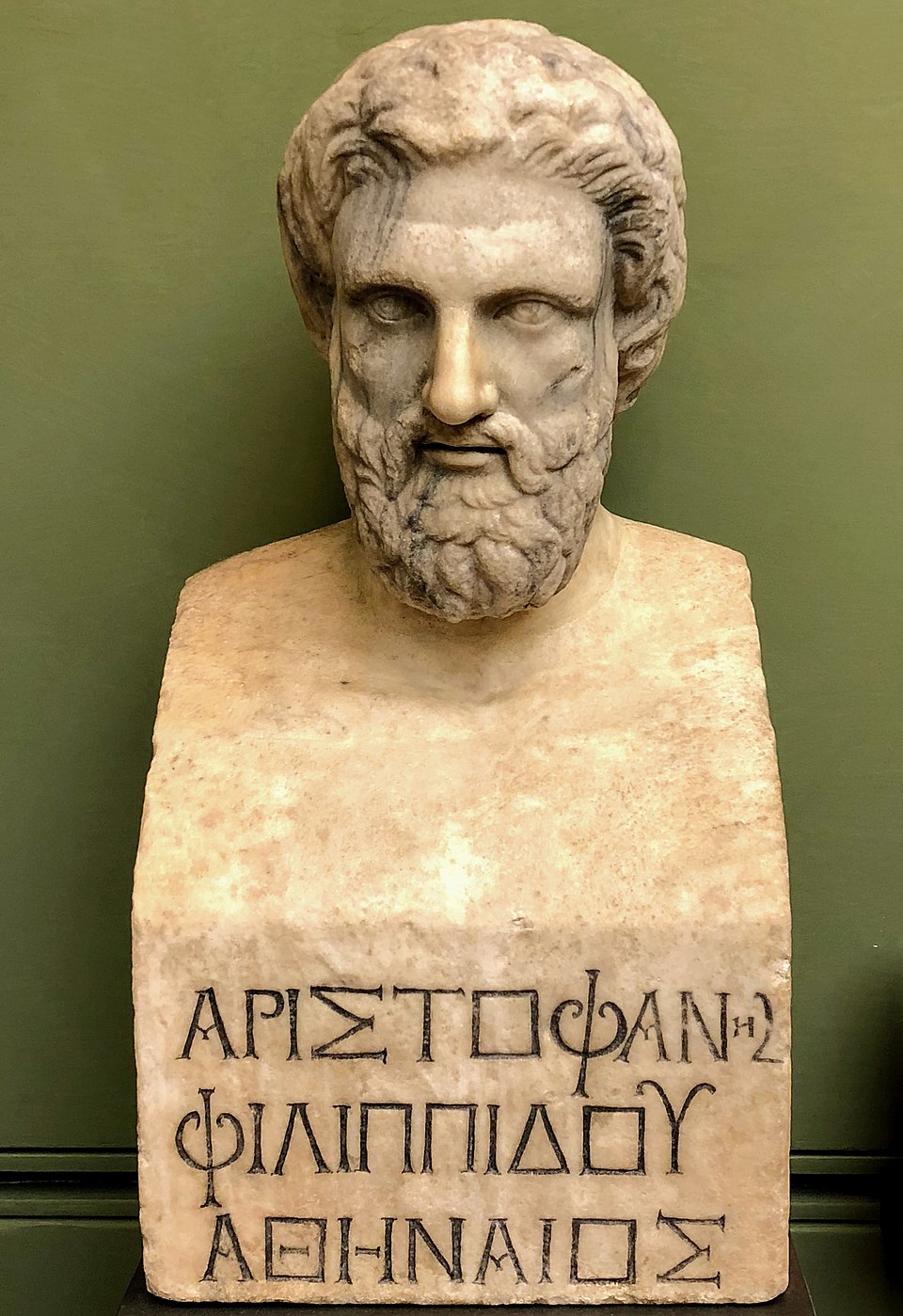
446 BCE - 386 BCE - Aristophanes: The Wasps (All Facts)
Satire which violently denounces the alleged abuses of the legal system of his day
He claims that the financial indemnities paid to Athenians who sit on the tribunals have corrupted their sense of justice
He compares them to the namesake creature: their stylus is the sting, and they are reduced to stinging their fellow citizens to earn a living
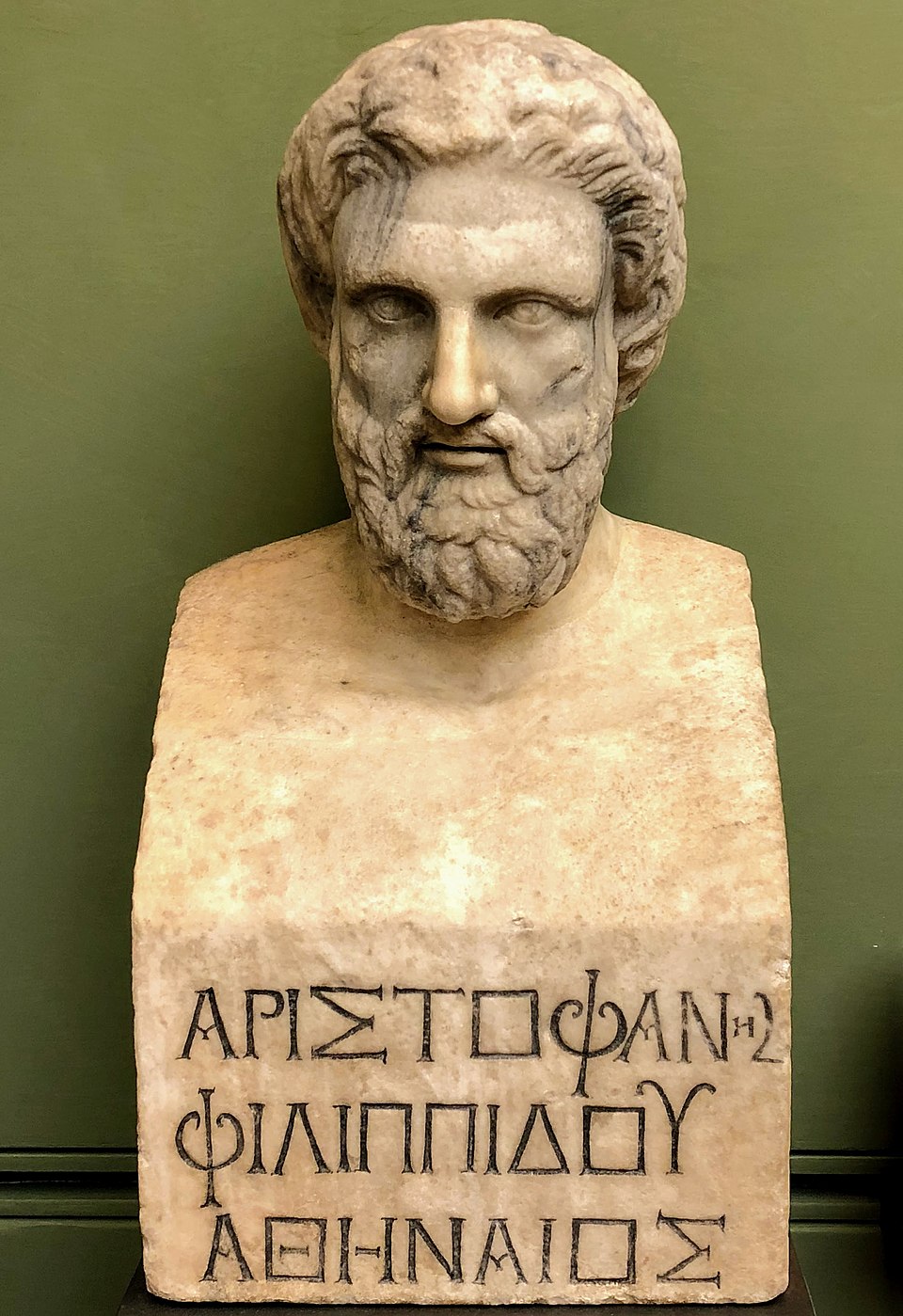
446 BCE - 386 BCE - Aristophanes: The Birds (All Facts)
Comic play in which the playwright presents two Athenians who decide to go and live in the land of the namesake creature
They involve the namesake creature in the building of an aerial city, Cloudcuckoobury, halfway between men and the gods
The play deals with the serious political and moral problems of Athens as it remains caught up in the exhausting Second Peloponnesian War
Play which raised bawdiness to a higher level than which was presented in earlier Greek satire and comedy
Was given a political edge that the Athenian public loved but that the Athenian rulers detested
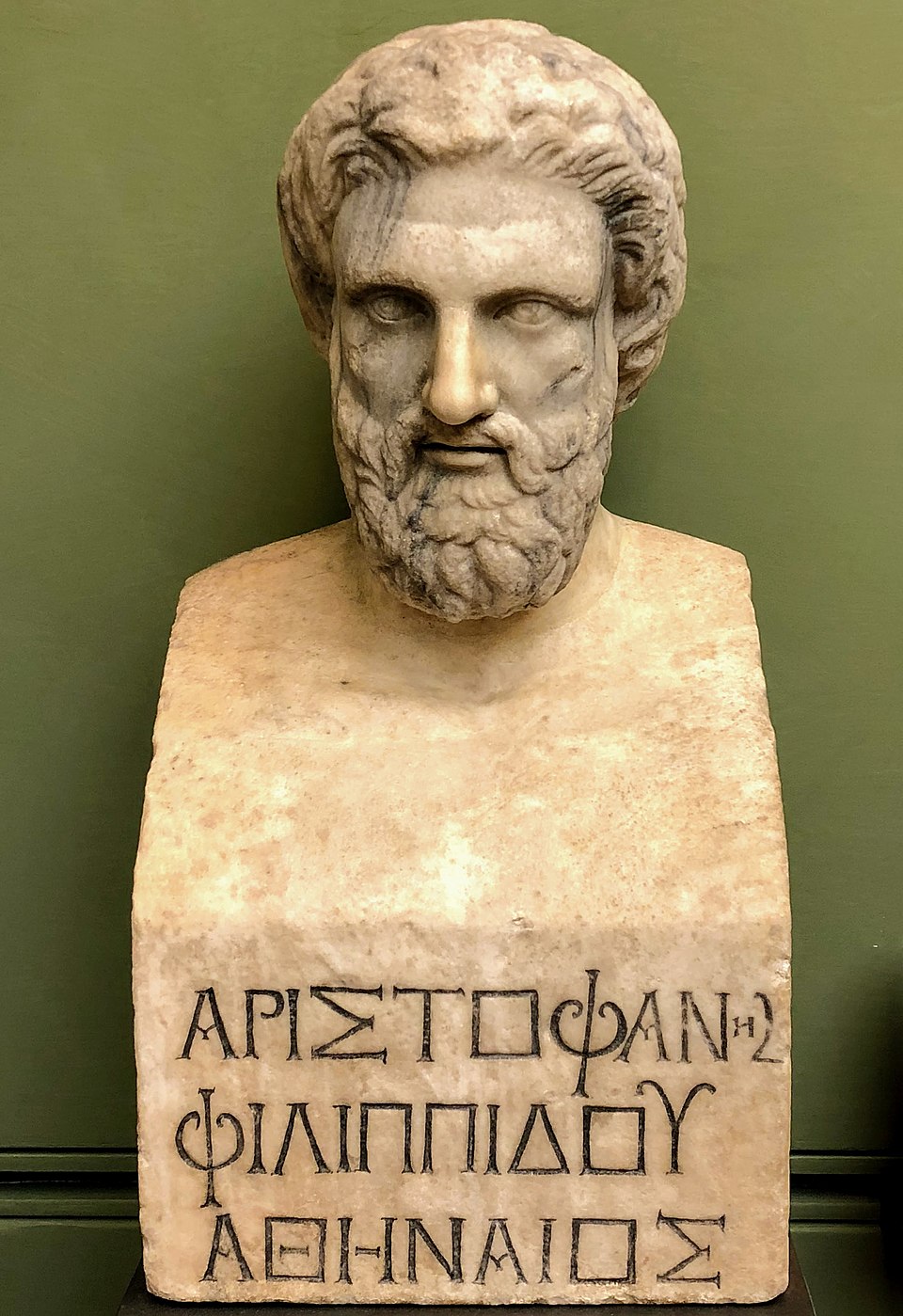
446 BCE - 386 BCE - Aristophanes: The Frogs (All Facts)
Play which raised bawdiness to a higher level than which was presented in earlier Greek satire and comedy
Was given a political edge that the Athenian public loved but that the Athenian rulers detested
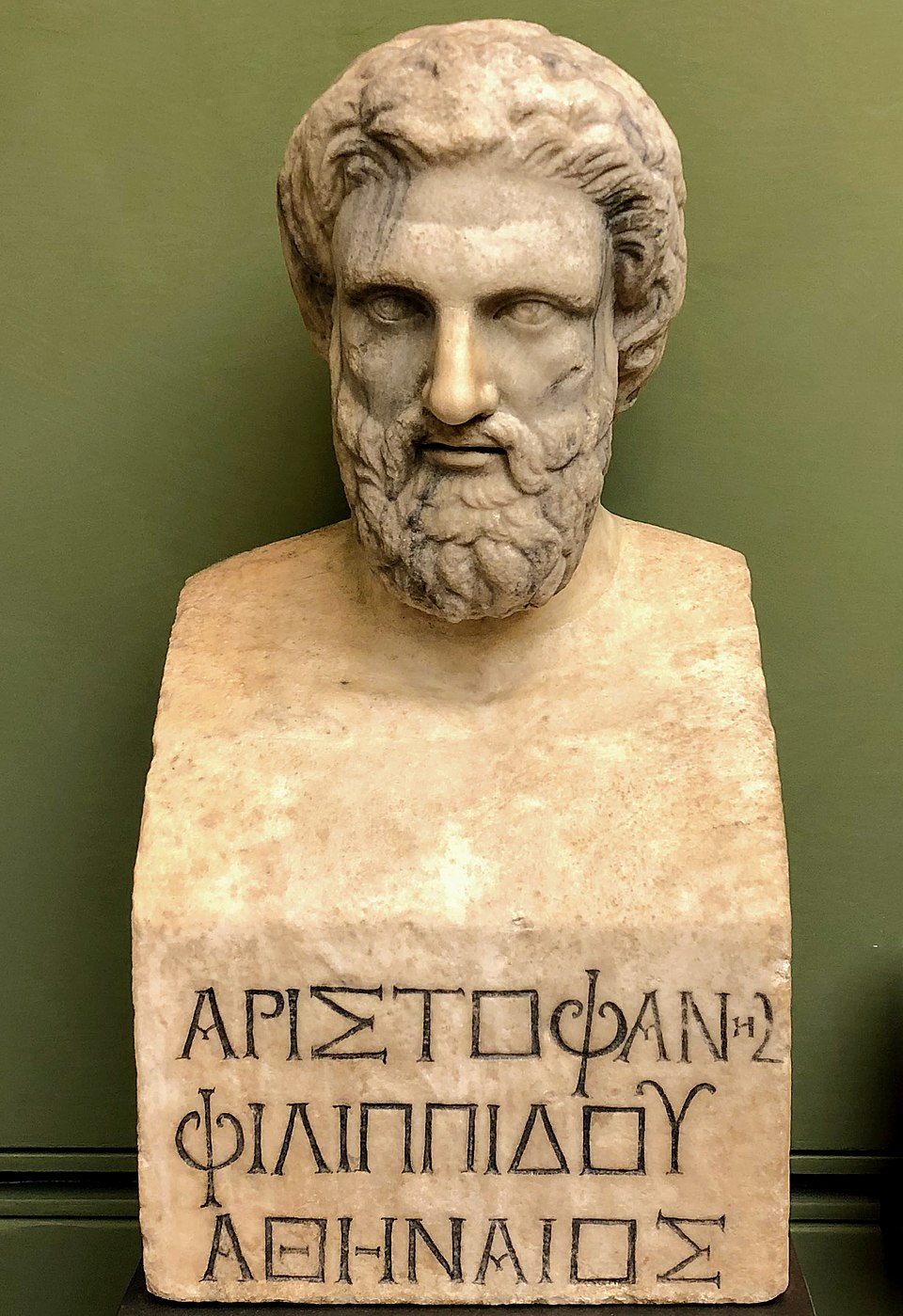
446 BCE - 386 BCE - Aristophanes: Peace (All Facts)
Play which raised bawdiness to a higher level than which was presented in earlier Greek satire and comedy
Was given a political edge that the Athenian public loved but that the Athenian rulers detested
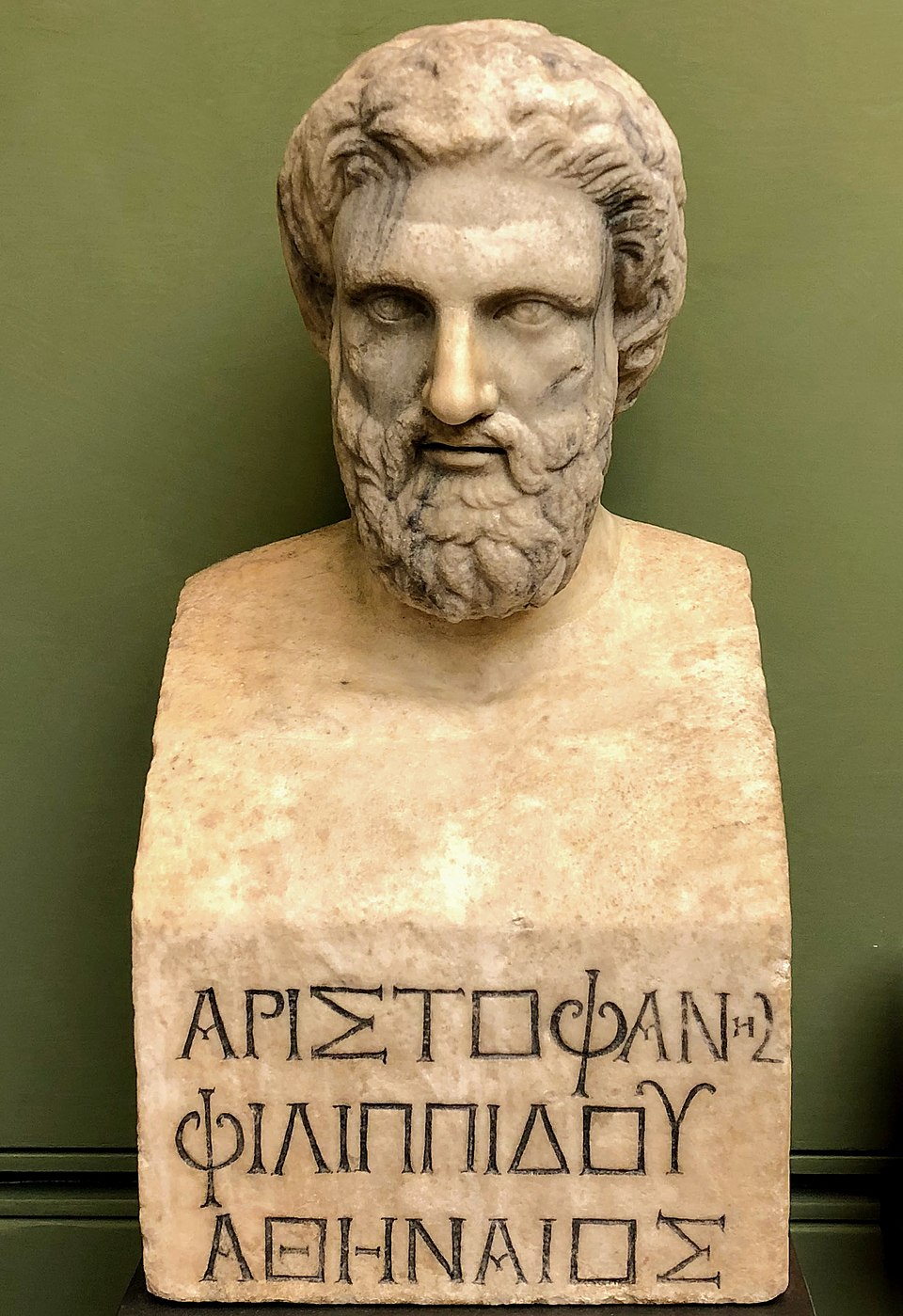
446 BCE - 386 BCE - Aristophanes: Clouds (All Facts)
Comic play which makes fun of the Sophists
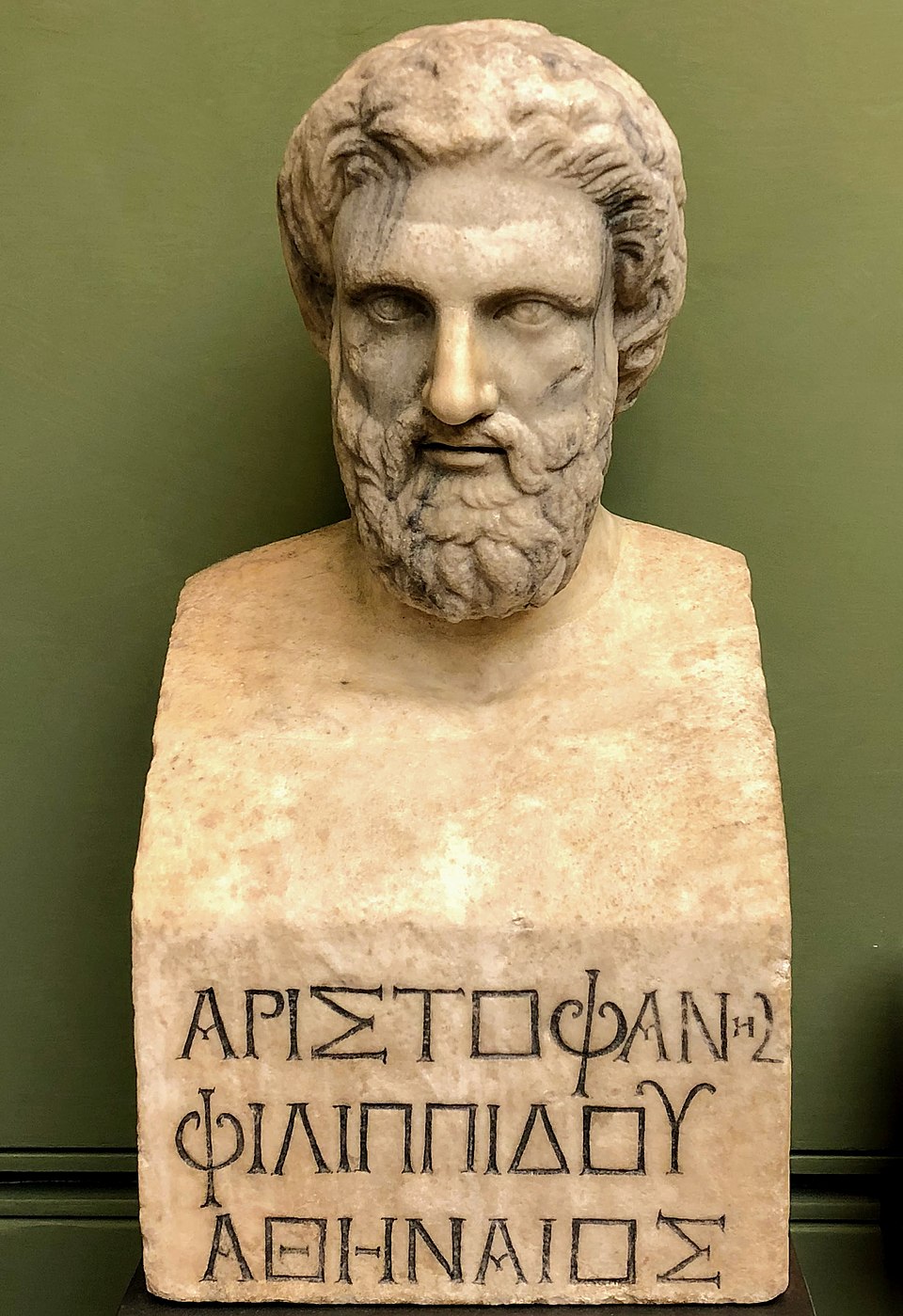
446 BCE - 386 BCE - Aristophanes: Lysistrata (All Facts)
Produced during the middle of the Second Peloponnesian War
Play which shows an imaginary peace movement in which the women of Greece force people on their warring men by denying them sex
Play which concludes with peace breaking out everywhere, which was so successful in its day that Cleophou, the leader of the Athenian pro-war party at the time, denounced it as morally offensive and called for its playwright to be deported from Greece
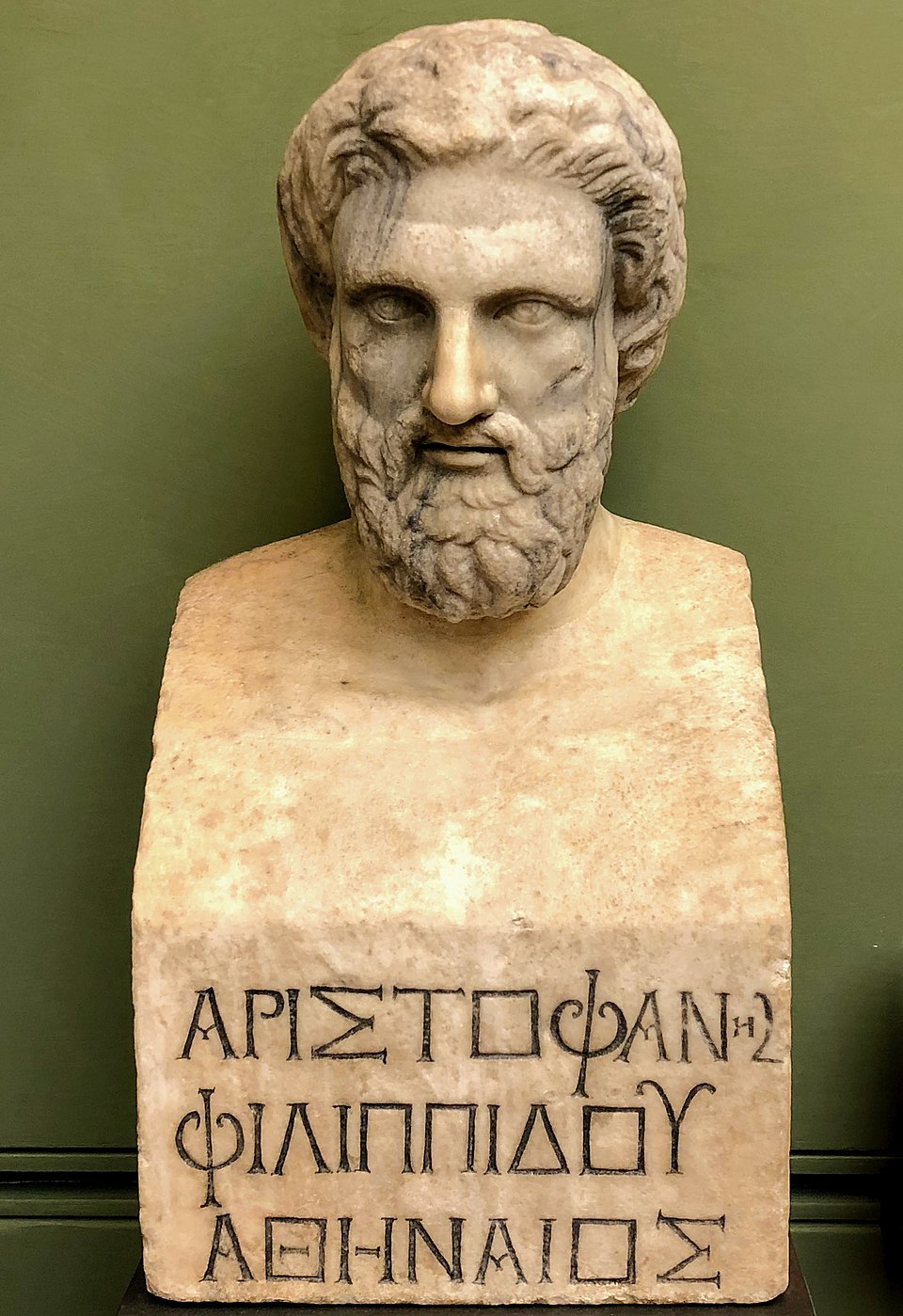
446 BCE - 386 BCE - Aristophanes: Women in Parliament (All Facts)
Comedy in which the namesake playwright makes fun of the political role played by women - inconceivable in reality in a city where only men took part in public debates and political decision-making
Ancient Greek Drama (All Facts)
Genre of stage play in Ancient Greece that began in the 400’s BCE
Its actors wore masks, with each actor playing several parts
Props and scenery were so minimal as to be symbolic
Subtle face expressions and nuances were impossible, and everything depended upon the lines
Was serious and tragic, with the protagonists usually being pawns of the gods
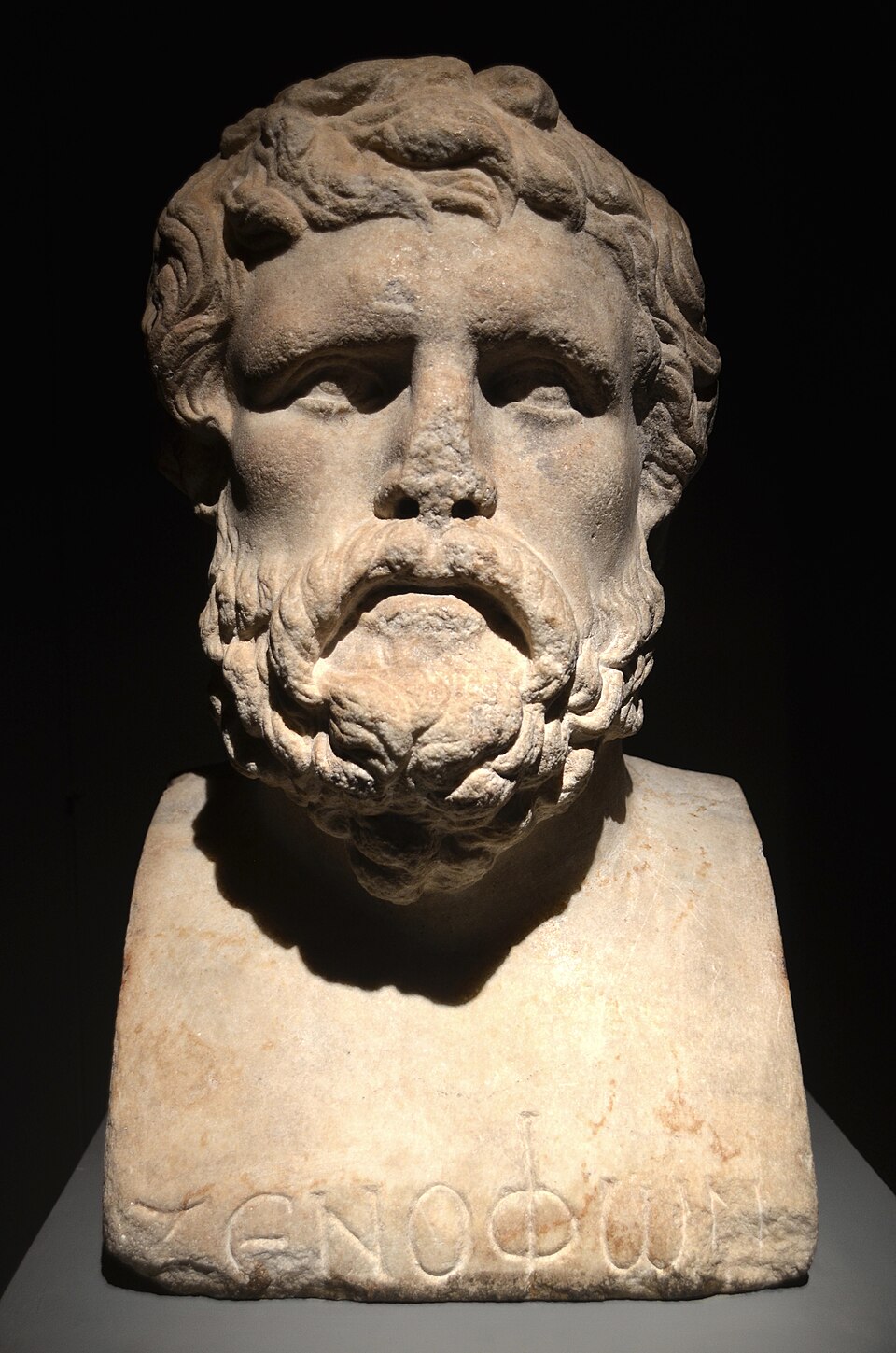
430 BCE - 354 BCE - Xenophon (All Facts)
Athenian warrior-historian and philosopher
Student of Socrates, he wrote many philosophical works as well as his more famous literary ones
Banished from Athens for associating Sparta, he spent much of his life in the Peloponnese
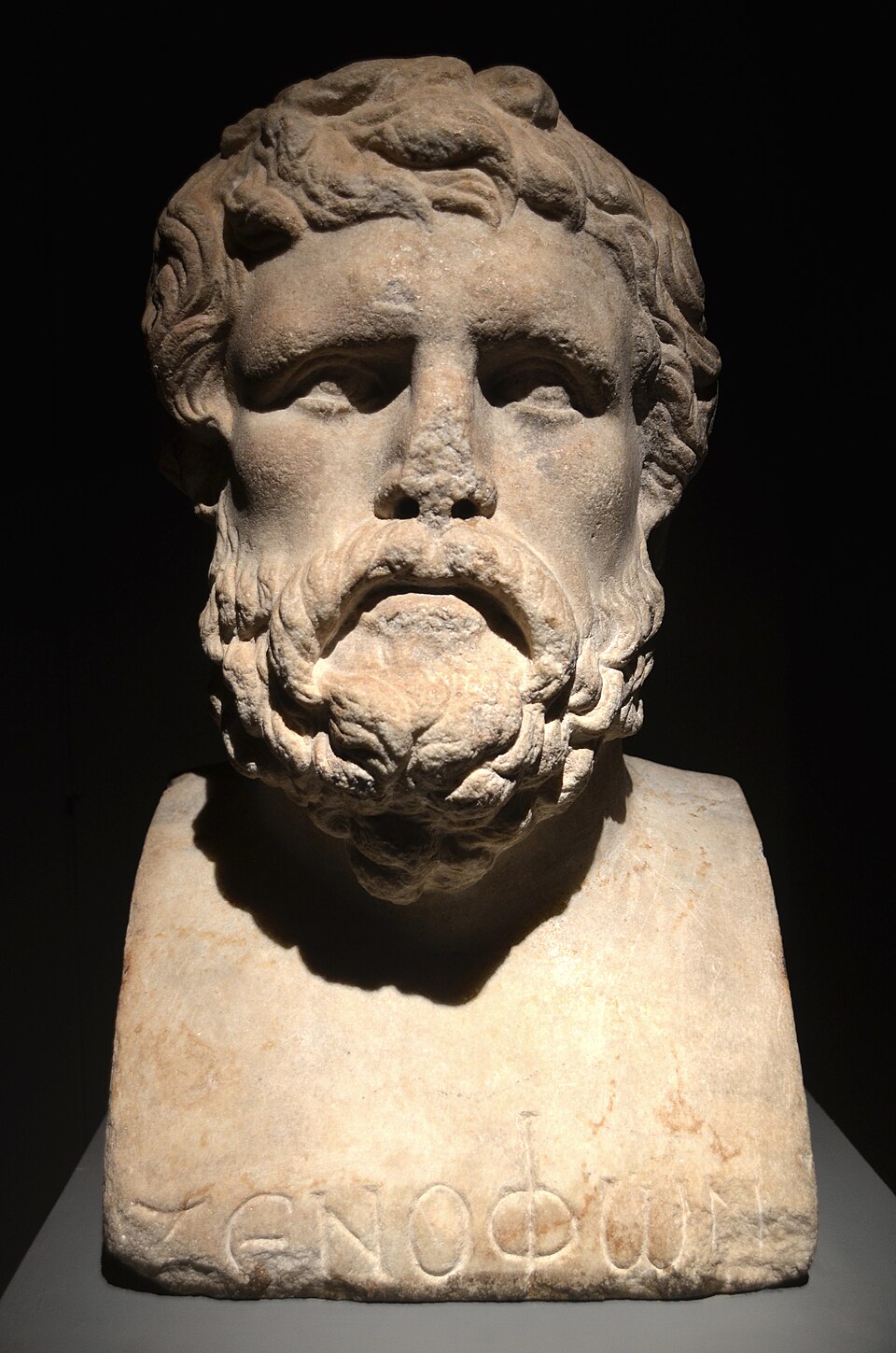
430 BCE - 354 BCE - Xenophon: Anabasis (All Facts)
A remarkable account of the expedition of the “Ten Thousand” - the Greeks who fought for Cyrus the Younger in Persia and then, when Cyrus was killed, battled their way home without a leader through extensively hostile terrain
The namesake author went off as a gentleman volunteer with the army of impoverished Greek peasants recruited by Cyrus to depose his brother King Artaxerxes II in which he explains how the “Ten Thousand” were deceived by Cyrus, who told them that they were merely going to deal with some troublesome tribesmen instead of King Artaxerxes II and his men
Story of the ascent of the mutinous Greek “Ten Thousand” under Cyrus the Younger and their adventures
In it, the namesake author writes about how they were commanded by Clearchus, in which, they marched, virtually unopposed, to Cunaxa, on the outskirts of Babylon where Artaxerxes at last gave battle
The Greeks, on the right wind of Cyrus’s army, shouted their war-cries, clashed their shields and spears together, and drove their opponents from the field having virtually won Persia’s crown for Cyrus
The Greeks, after having laid next to the Cyrus’s dead body, were allowed to leave after Clearchus and his captains had been killed
In it, the namesake author writes about how he was elected general and how he led the survivors of the ordeal home in an epic march
An account of the Greek retreat from Persia after the Battle of Cunaxa
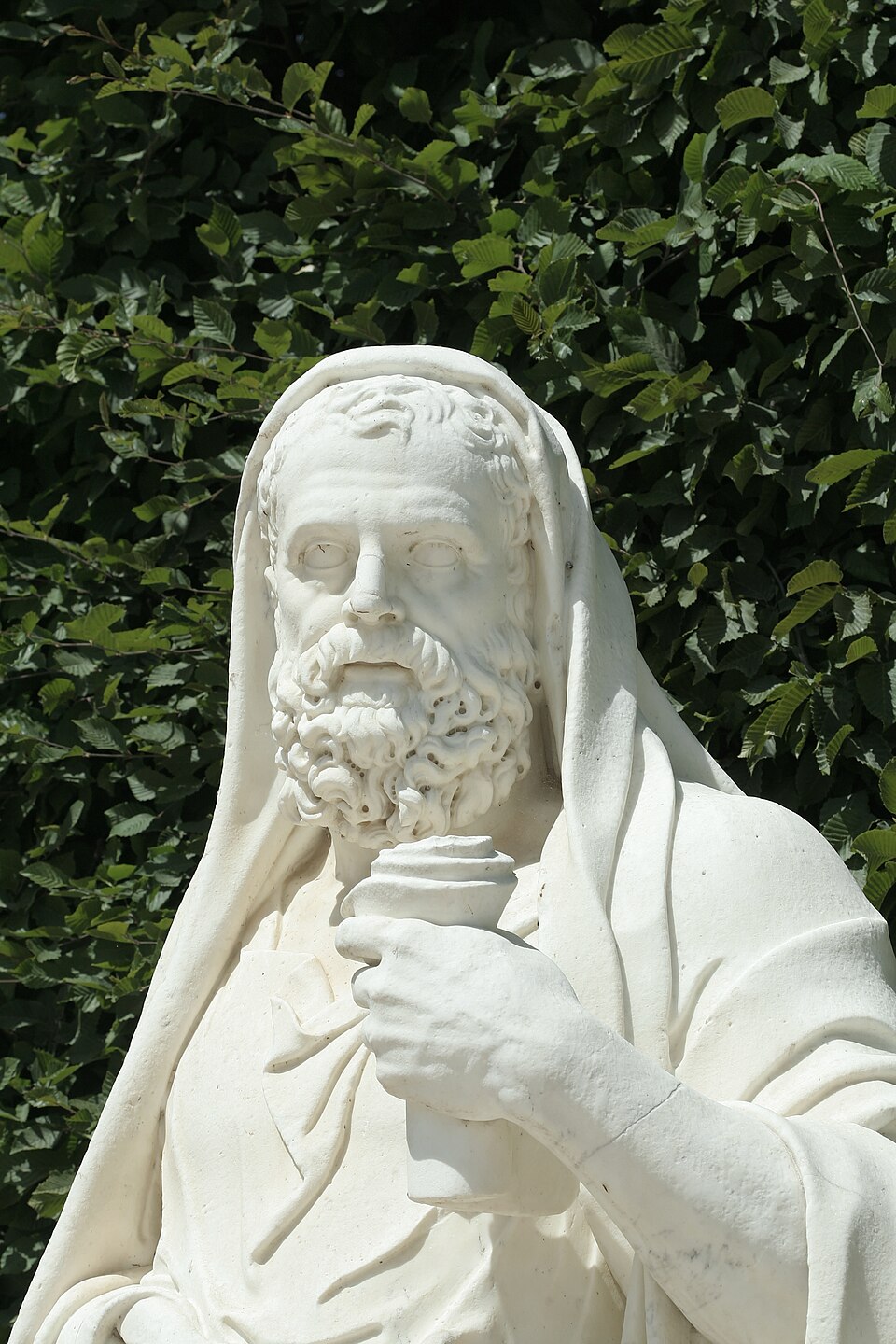
445 BCE - 380 BCE - Lysias (All Facts)
One of the Ten Attic Orators
His brother was killed by the Thirty Tyrants of Athens, so he fled into exile, but returned to Athens when democracy was restored there
He prosecuted Eratosthenes, the Tyrant to blame for his brother’s murder
Went on to write many speeches for private litigants, which often included insightful points on morals and politics
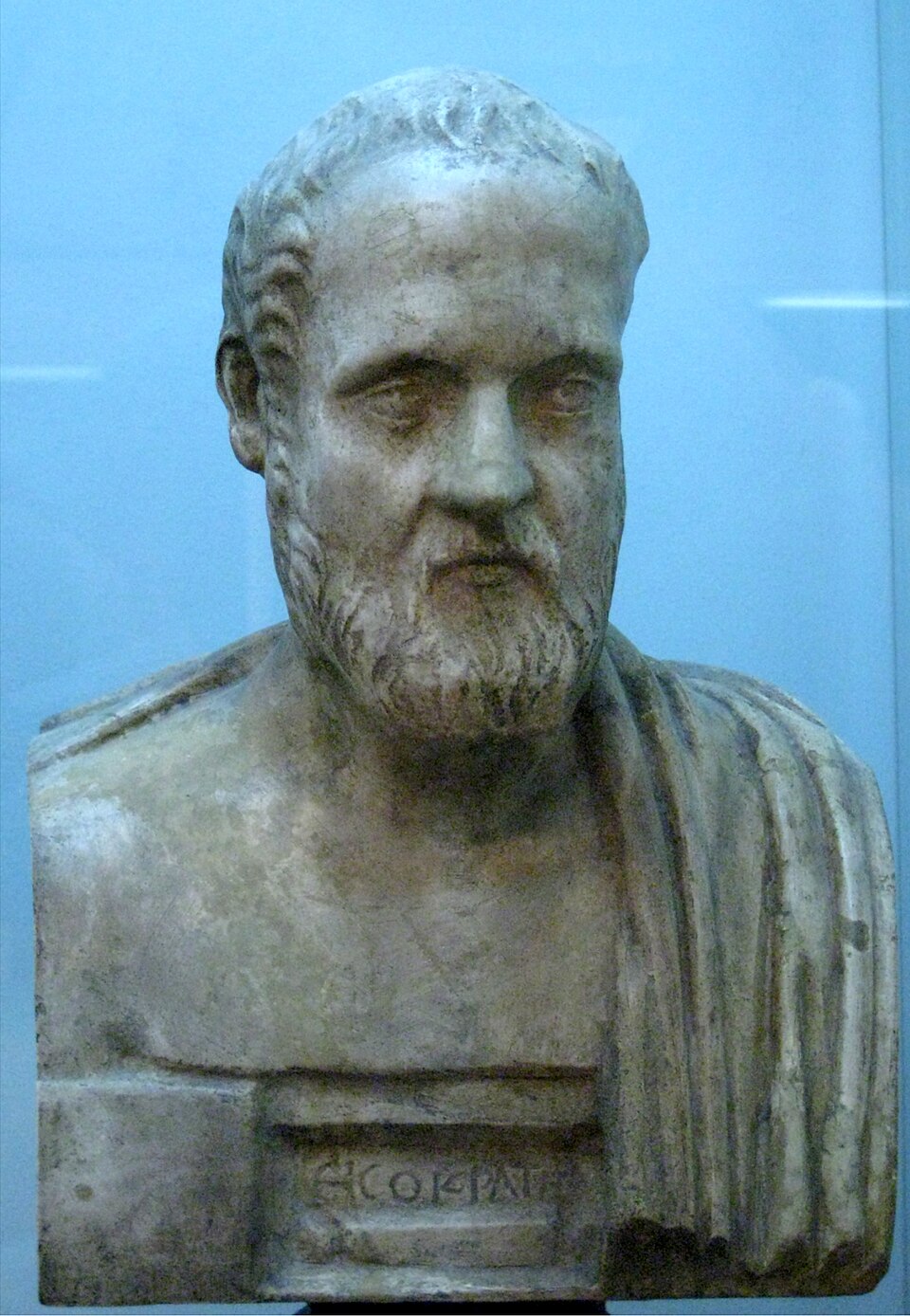
436 BCE - 338 BCE - Isocrates (All Facts)
One of the Ten Attic Orators
Law-court speechwriter
Opponent of the Sophists
Founded Athens’ first institute of higher learning, a school of rhetoric, in 393 BCE
Wrote “display speeches” for big occasions, his most famous ones being the Panegyricus and the Panathenaicus, which were hymns of the glories of Hellenism and the city-state of Athens
Was the first to write in the “Panegyric” genre
Made a major contribution to developing Panhellenism, according to which a united Greece should / would conquer Persia
Panegyric (All Facts)
Formal public speech or written verse, delivered in high praise of a person or thing, first delivered at public events in Ancient Athens
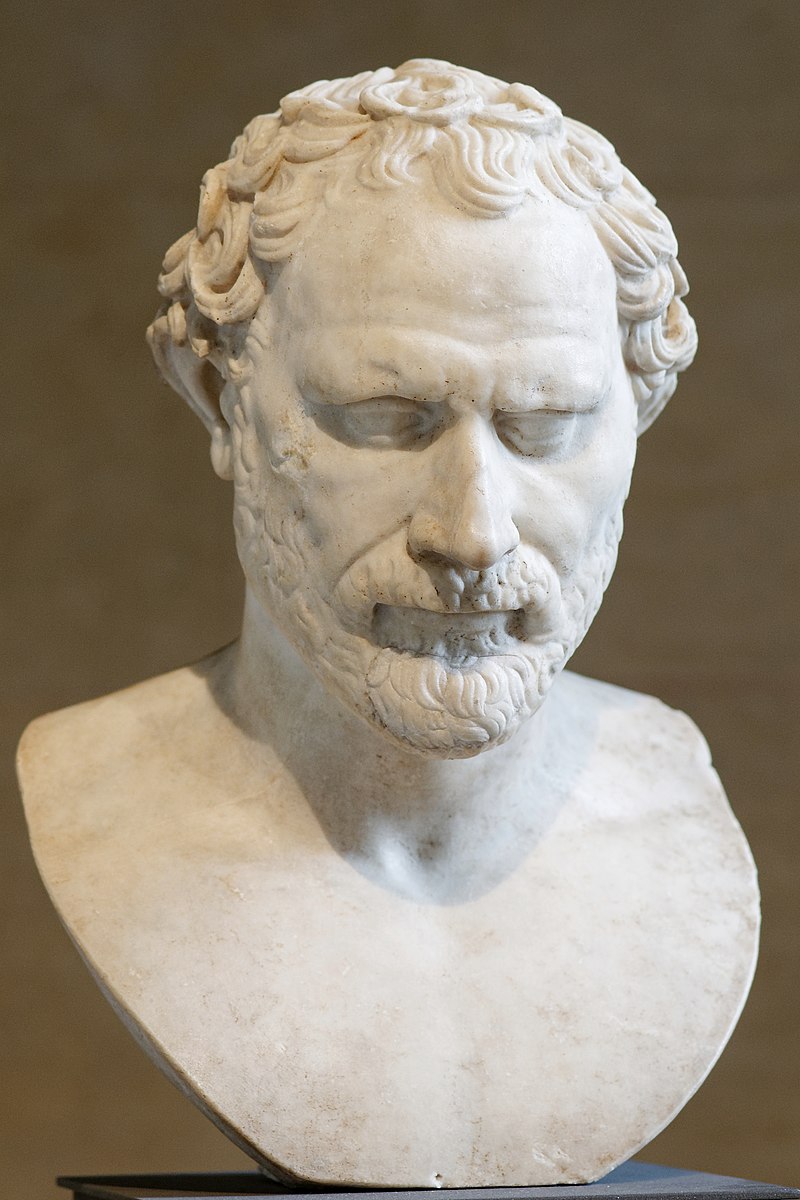
384 BCE - 322 BCE - Demosthenes (All Facts)
Athenian Archon, orator, and lawyer
Learned his legal skills as a young man in a prolonged battle to recover his patrimony from dishonest guardians
He won his case, but there was no money left
From that point, he began to earn his living by writing speeches
Eventually, he rose to the rostrum of the assembly, learning to improve his diction
His arguments often failed, having argued against the war in 354 BCE and for the war in 351 BCE
However, he gradually won a reputation for speeches characterized by powerful logic, withering sarcasm, and use of dialogue that kept his audience enthralled
The term “philippic” is derived from his speeches he gave in 351 BC denouncing the imperialist ambitions of Philip of Macedon, which later came to be known as his “Philippics”
Philippic (All Facts)
Fiery and damning speech, or tirade, delivered to condemn a particular political actor
First made by Demosthenes of Athens
360 BCE - 327 BCE - Callisthenes (All Facts)
From Olynthus
Official historian of Alexander the Great’s expeditions
He accompanied Alexander the Great during his expedition in Asia and served as his historian and publicist
Authored several works on Greek history, including a biography of Alexander the Great
Executed for his alleged complicity in a conspiracy against Alexander the Great
He later opposed Alexander the Great’s adoption of Persian culture
He was arrested after being implicated in a plot on the king’s life, where he died in prison
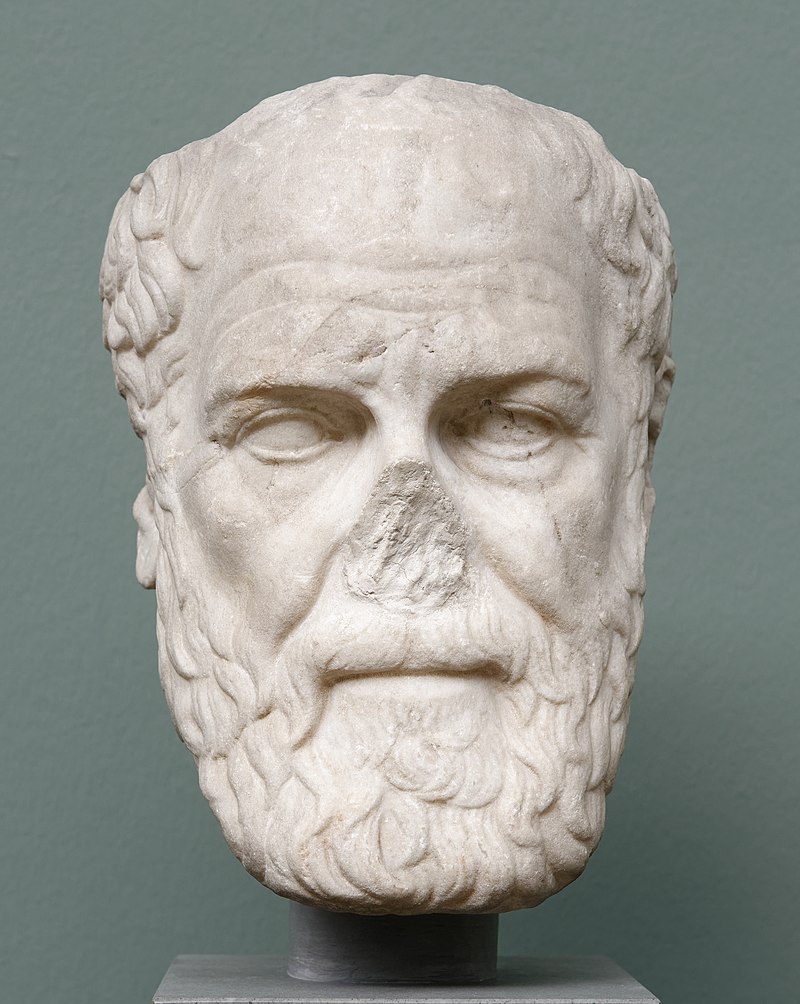
390 BCE - 322 BCE - Hyperides (All Facts)
Athenian logographer (speech writer)
One of the Ten Attic Orators
Was a leader of the Athenian resistance to King Philip II and Alexander the Great of Macedonia
Was associated with Lycurgus and Demosthenes in exposing pro-Macedonian sympathizers.
Was known for prosecuting Philippides of Paiania for his pro-Macedonian measures and his decree in honoring Alexander the Great
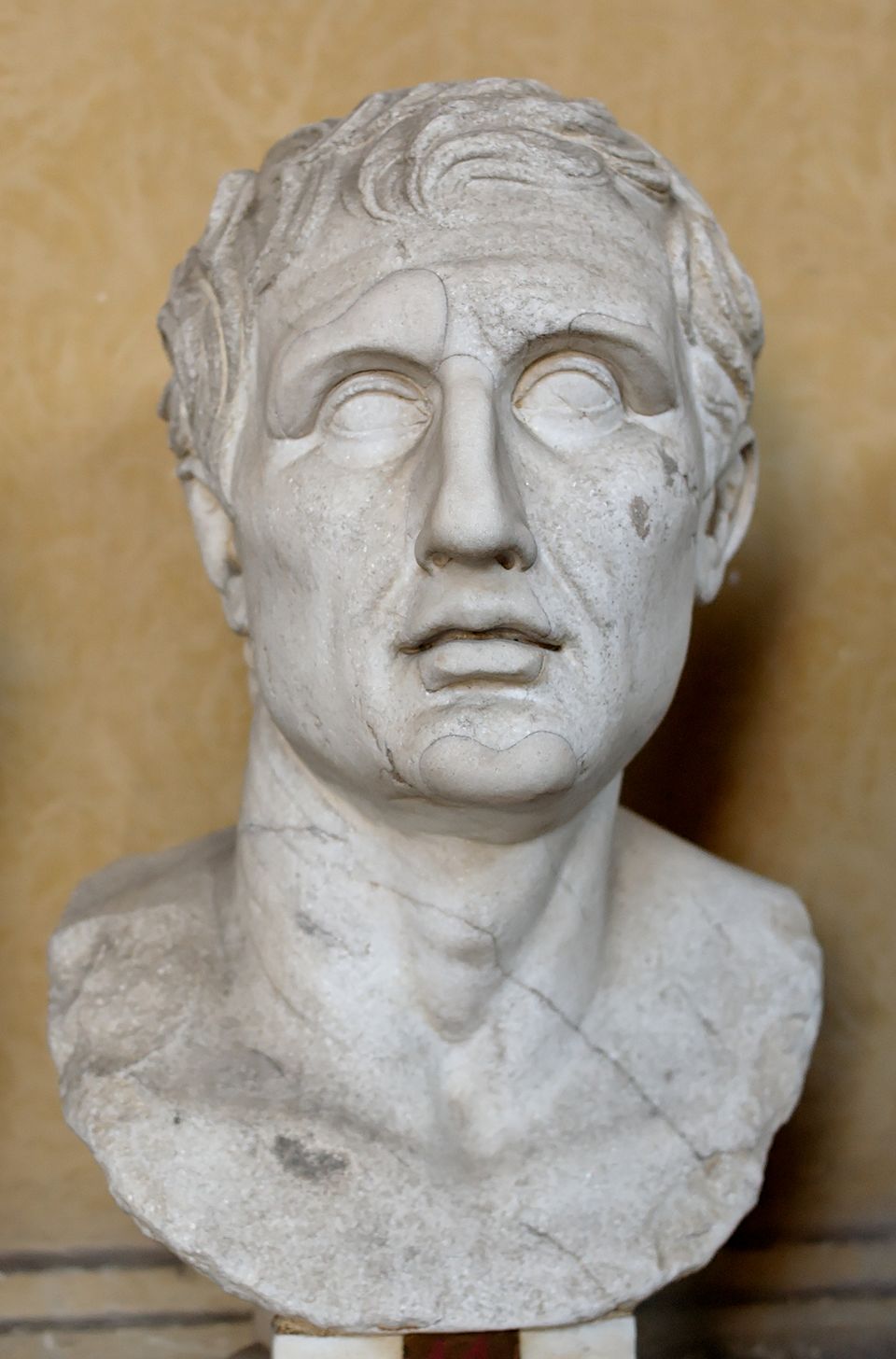
342 BCE - 290 BCE - Menander (All Facts)
One of Greece’s most prolific playwrights
Greek scriptwriter and the best known representative of Athenian “New Comedy,” which were his dramas characterized by
Their blend of humor and sympathy for the twists and turns of the human condition
Being comedies of manners, poking gentle fun at contemporary society
Depending on an endless series of surprises and barely plausible coincidences
Complex plots
Characters who represent flesh and blood people who talk and act like real human beings
His best known works are “The Shield” and “The Misanthrope”
By the age of 22, he withdrew from public life to his villa in Piraeus, with a courtesan named Glycera
After this, he began to write plays
He would end up writing 108 comedies and taking the prize at the Lenaia festival 8 times
The ease with which he scripted a piece once he had thought up the plot was proverbial
Student of Theophrastus
Attracted by the Epicurean philosophy
300’s BCE - 200’s BCE - Euhemerus (All Facts)
Greek mythographer
Sowed the seeds of a new theology for his time
He argues that the stars alone are immoral gods and that the Olympian gods of the traditional religion are, in reality, human kings who were deified for their civilizing role
His theory had political implications, justifying the cult of sovereigns which was beginning to spread in the Hellenistic monarchies
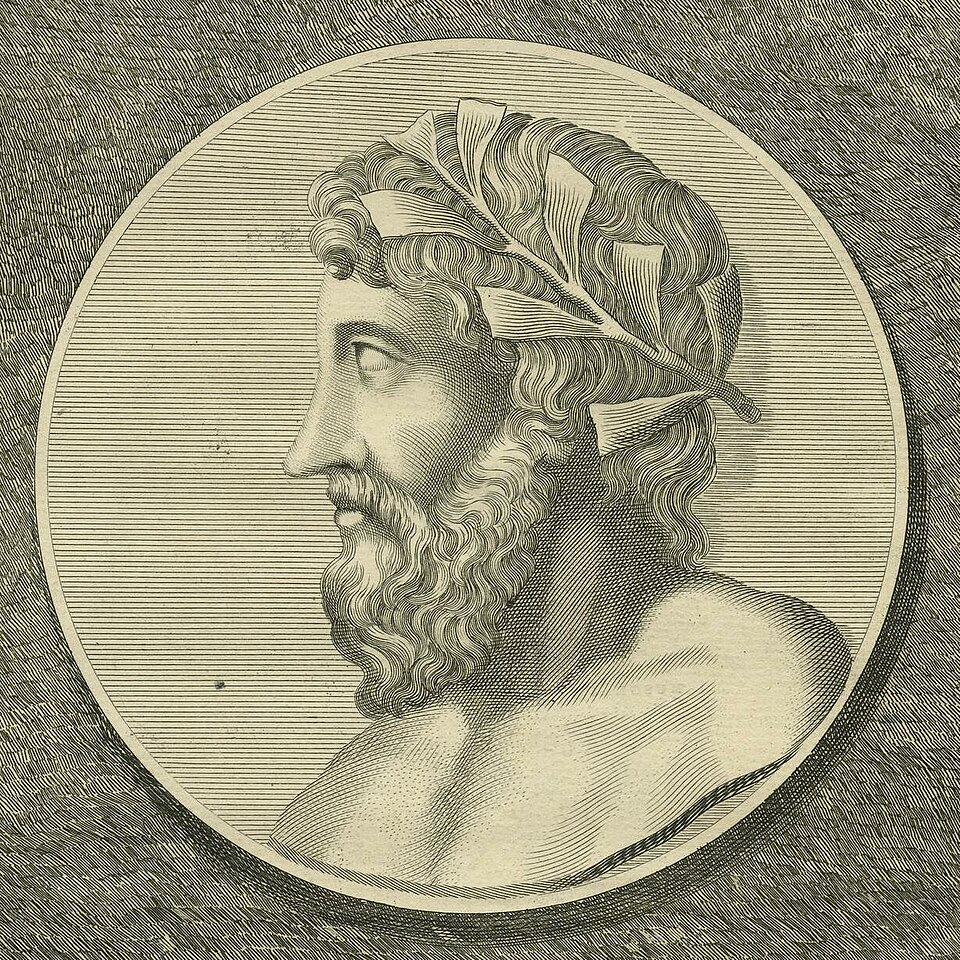
300 BCE - 250’s BCE - Theocritus (All Facts)
Greek poet born in Syracuse, Sicily but who was known to hail from the city of Alexandria
His greatness lay in his celebration of less academic, but equally important themes
Was known for his “Idylls,” which gained immense popularity with their tales of everyday life in both town and country
Was also known for his “pastorals,” a type of poem which he invented, which were poems that essentially took sophisticated urban attitudes and placed them against a simple rural background
Some of his most famous rural “Idylls” include “Thyrsis,” “The Herdsmen,” and “The Harvest”
All of these works are characterized by his strong rural imagery and are composed of earthly conversations within the peasantry including those occurring among shepherds and goatherders
Worked at the court of Ptolemy II
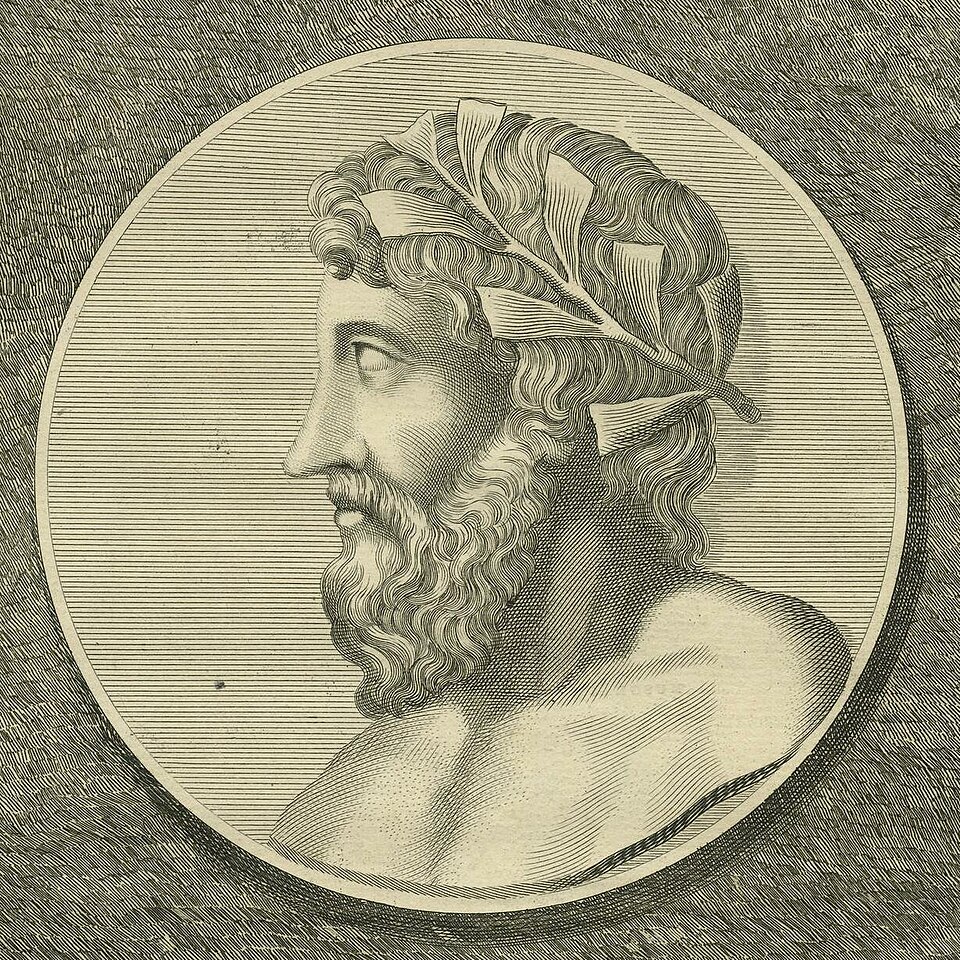
300 BCE - 250’s BCE - Theocritus: Festival of Adonis (All Facts)
Dialogue between two young wives who have come from Syracuse to the namesake festival at Alexandria
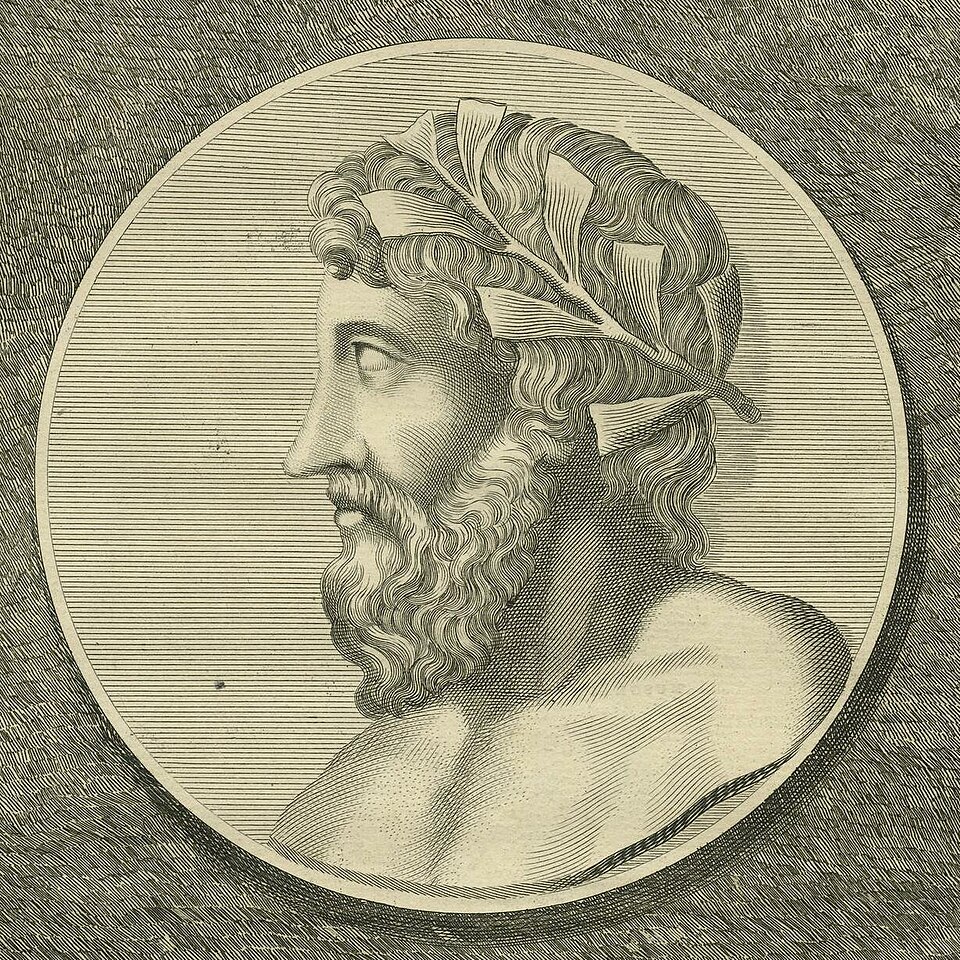
300 BCE - 250’s BCE - Theocritus: The Sorceress (All Facts)
About a discarded mistress who urges her spinning wheel by saying “Turn magic wheel, and force my lover home”
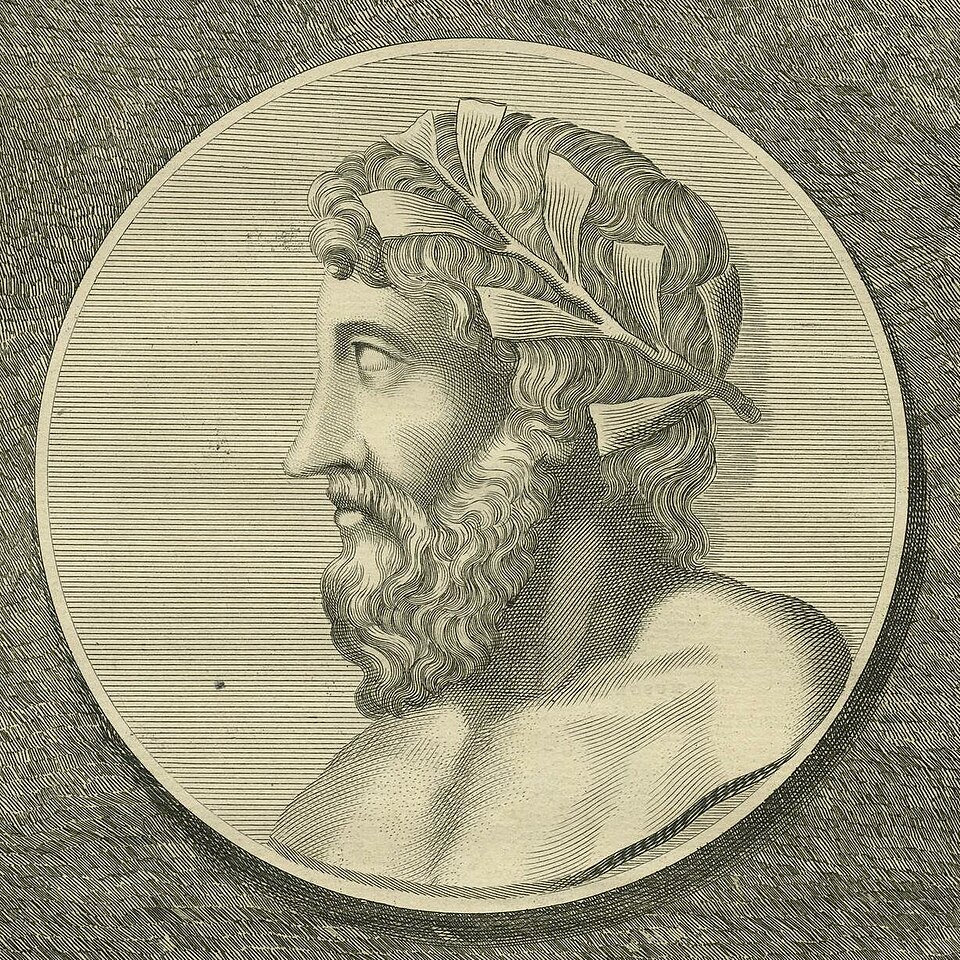
300 BCE - 250’s BCE - Theocritus: Cyclops in Love (All Facts)
Poem in which the poet pokes fun at the oafish gallantry of the namesake mythical monster
310 BCE - 240 BCE - Callimachus (All Facts)
Greek versatile and original scholar-poet of Alexandria, he was born in Cyrene in North Africa and moved to Alexandria early in life
Wrote over 800 volumes of verse
Worked as a schoolmaster briefly before becoming head of the famous Library at Alexandria
His poetry is characterized by ingenuity, wit, realism, expression of personal emotions, being rich in mythical illusions, and containing all sorts of curiosities
His poetry illuminates the legends and cults of the principal divinities
Advocate of small-scale perfection, exemplified in his epigrams, he engaged in heated rows with champions of the epic form
First Greek to compose short lyrics, epigrams, literary hymns, and miniature epics as alternatives to the grand epic poetry of Homer
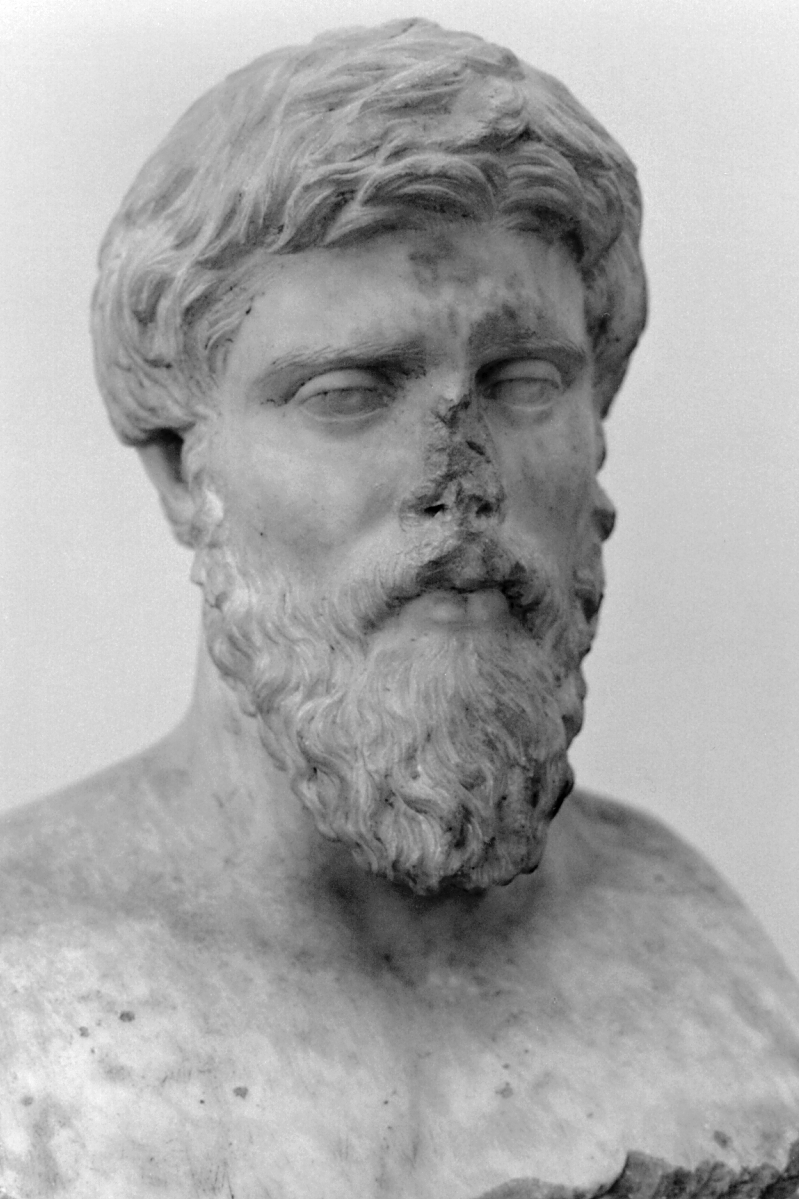
40 - 120’s - Plutarch, as Writer (All Facts)
Greek Writer and Moralist
Born in Chaeronea in Greece
Spent much of his life in his hometown
Was known and respected throughout both Greece and the Roman Empire as a whole
He travelled a lot, in which he
Served his philosophical apprenticeship in Athens
Lived for a time in Alexandria, where he met the great thinkers of the age
He taught in Rome during the reign of Vespasian
Through teaching and writing, he had much influence over the minds of young men entering Roman politics
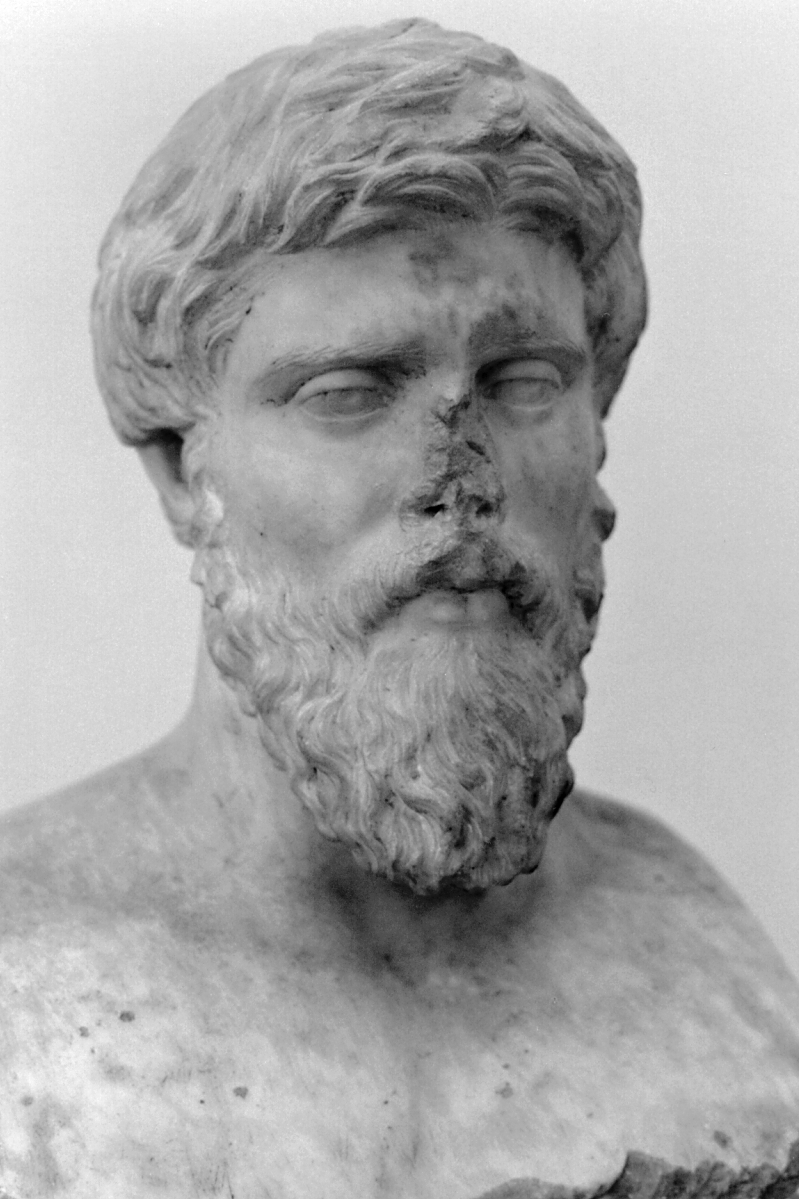
40 - 120’s - Plutarch: Ethica (All Facts)
Work which laid great stress on the idea of consolidation and tranquility of the soul
Work which discusses vice and virtue, but with a warm and sympathetic tone rather than with harsh moralizing
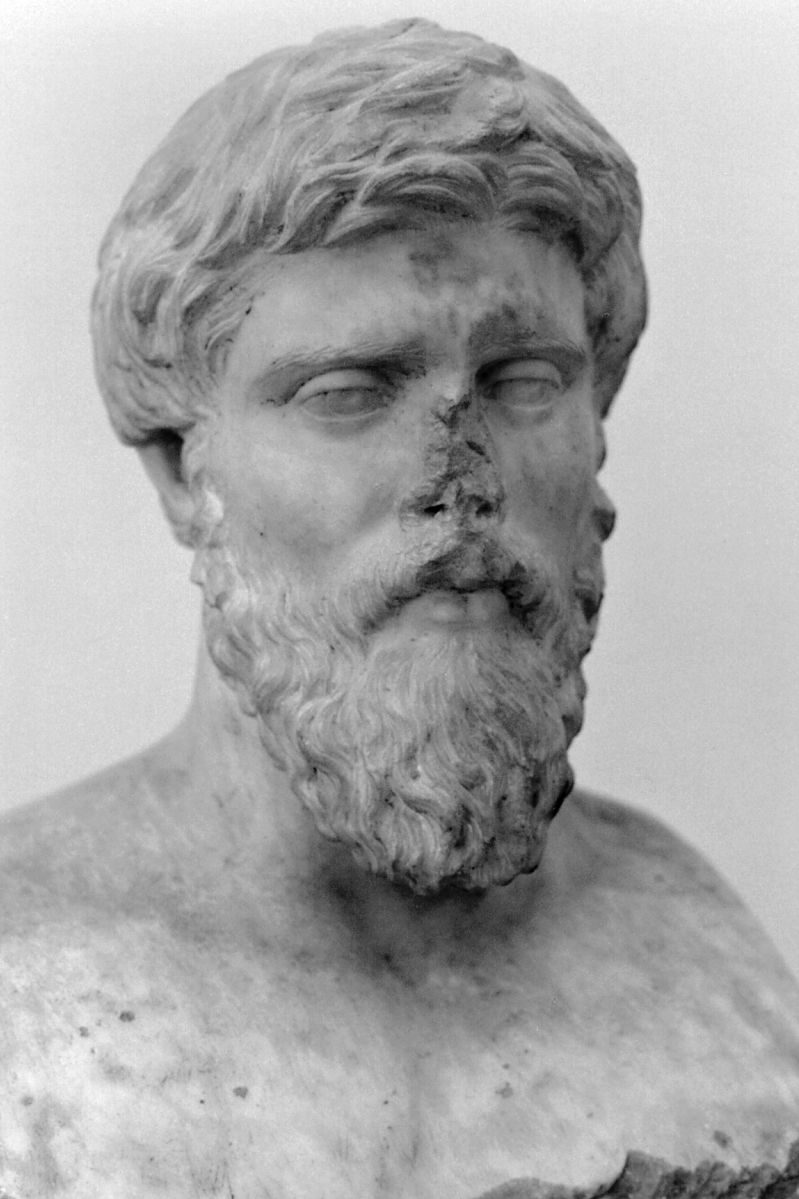
40 - 120’s - Plutarch: Parallel Lives (All Facts)
Arguably the most famous work of the namesake author, it comprises biographies of key figures in Greek and Roman history
Work which gave the namesake author an opportunity to celebrate the past glories of Greece, to which he remained devoted
Work in which the namesake phenomena are drawn between Greeks and Romans such as Theseus and Romulus, Pericles and Fabius Maximus
Work which shows great psychological insight into the motivations of leaders
Work which shows a profound understanding of
how cultures develop
the continuity in political structures and art and social forms between Greece and Rome
Serves as a major record of the civilizations of Greece and Rome
95 - 165 - Appian of Alexandria (All Facts)
Greek Historian and Lawyer
Lived in Rome
Was the superintendendent of Emperor Antonius Pius’s domestic affairs
95 - 165 - Appian of Alexandria: Roman History (All Facts)
Work which includes the history of each nation conquered by Rome until the time of its conquest
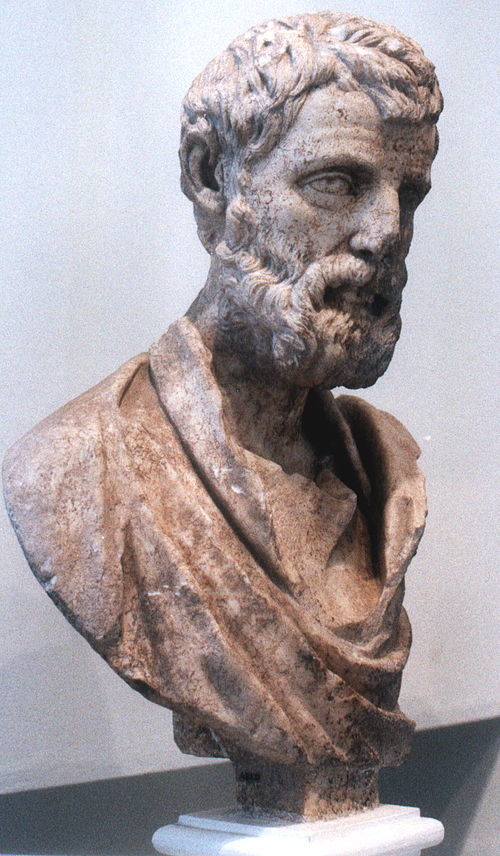
101 - 177 - Herodes Atticus (All Facts)
Greek orator
Built an “Odeon” (Theater), which was enormous and covered by a roof
It was built in honor of his wife Regilla, who died two years prior to its construction
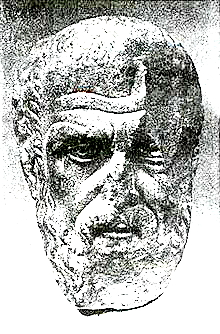
86 - 180 - Arrian of Cappadocia (All Facts)
Greek Historian
His most important historical work was “Anabasis,” a history of the military campaigns of Alexander the Great
500 - 565 - Procopius of Caesarea (All Facts)
Greek Historian under Justinian the Great of the Byzantine Empire
He was born in Palestine
He was friends with Belisarius
His stylistic predecessors were Herodotus, Thucydides, and Polybius
500 - 565 - Procopius of Caesarea: History of the Wars (All Facts)
Work which was written in Greek, it consisted of 8 volumes divided into three parts, each taking account of Justinian’s three conquests
Against the Sassanids in East
Against the Vandals in North Africa
Against the Ostrogoths in Italy
Work which reflects the liveliness of an eyewitness account, given that its namesake author was a longtime companion of Belisarius, General under Justinian who led the reconquest of North Africa